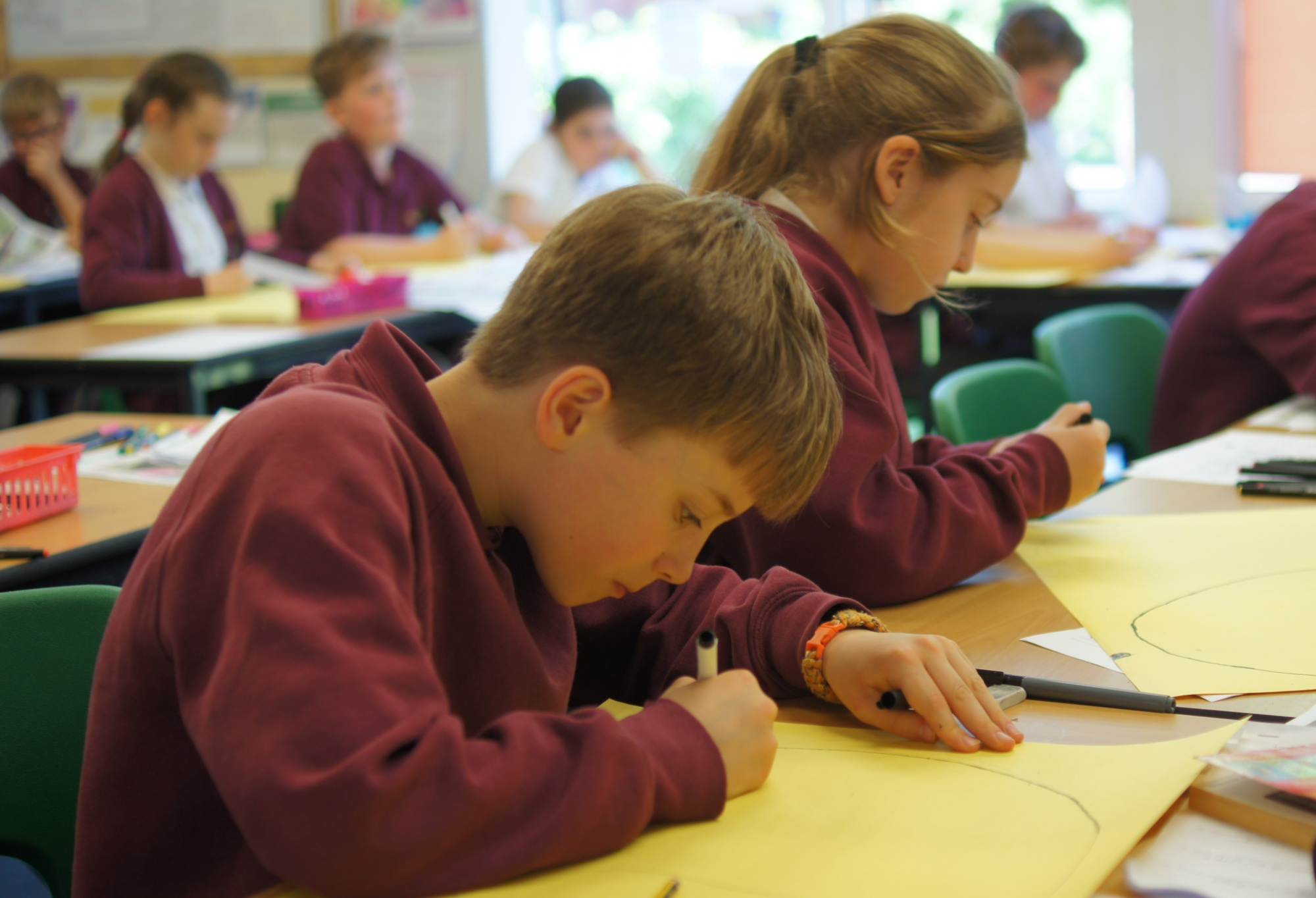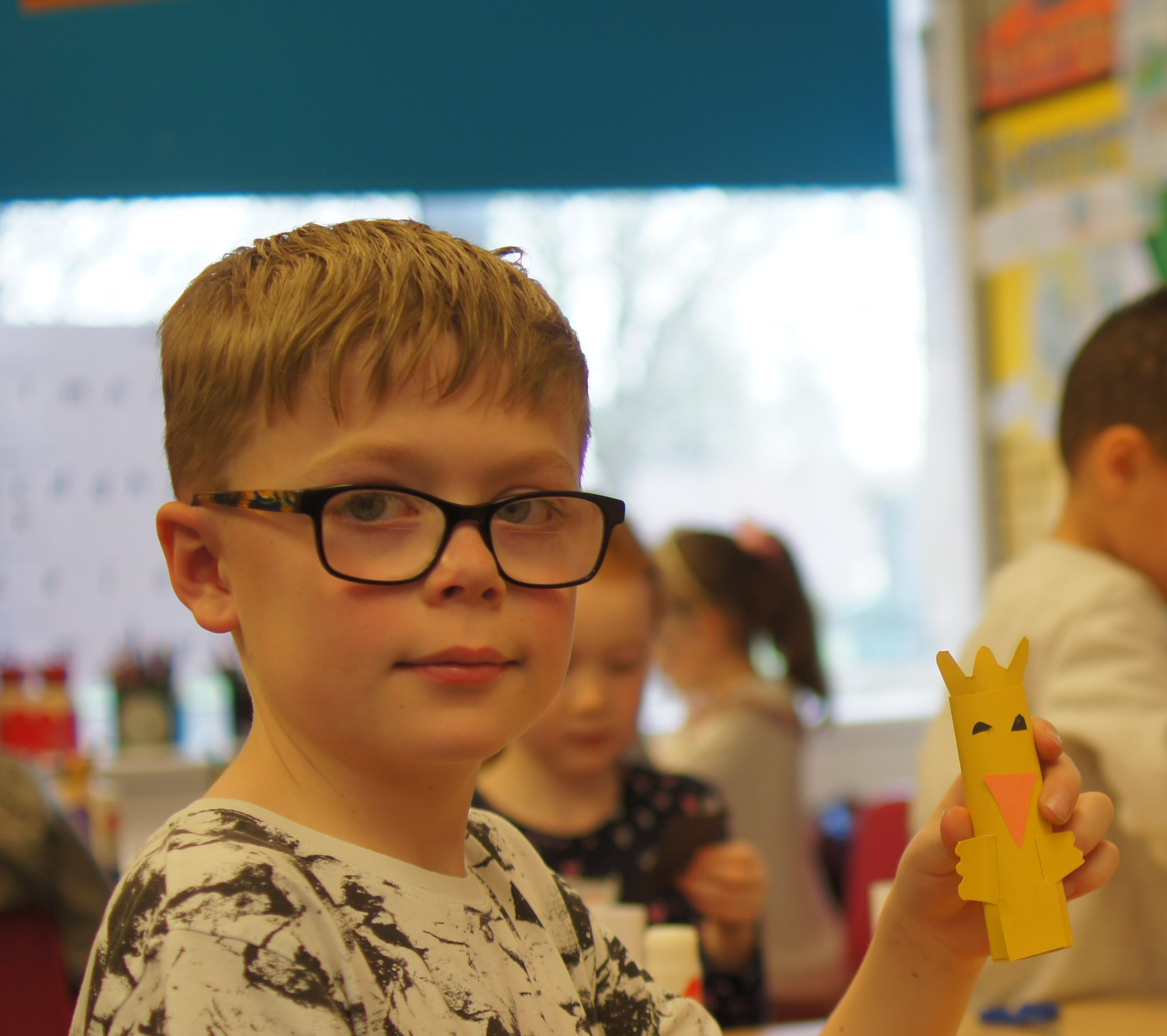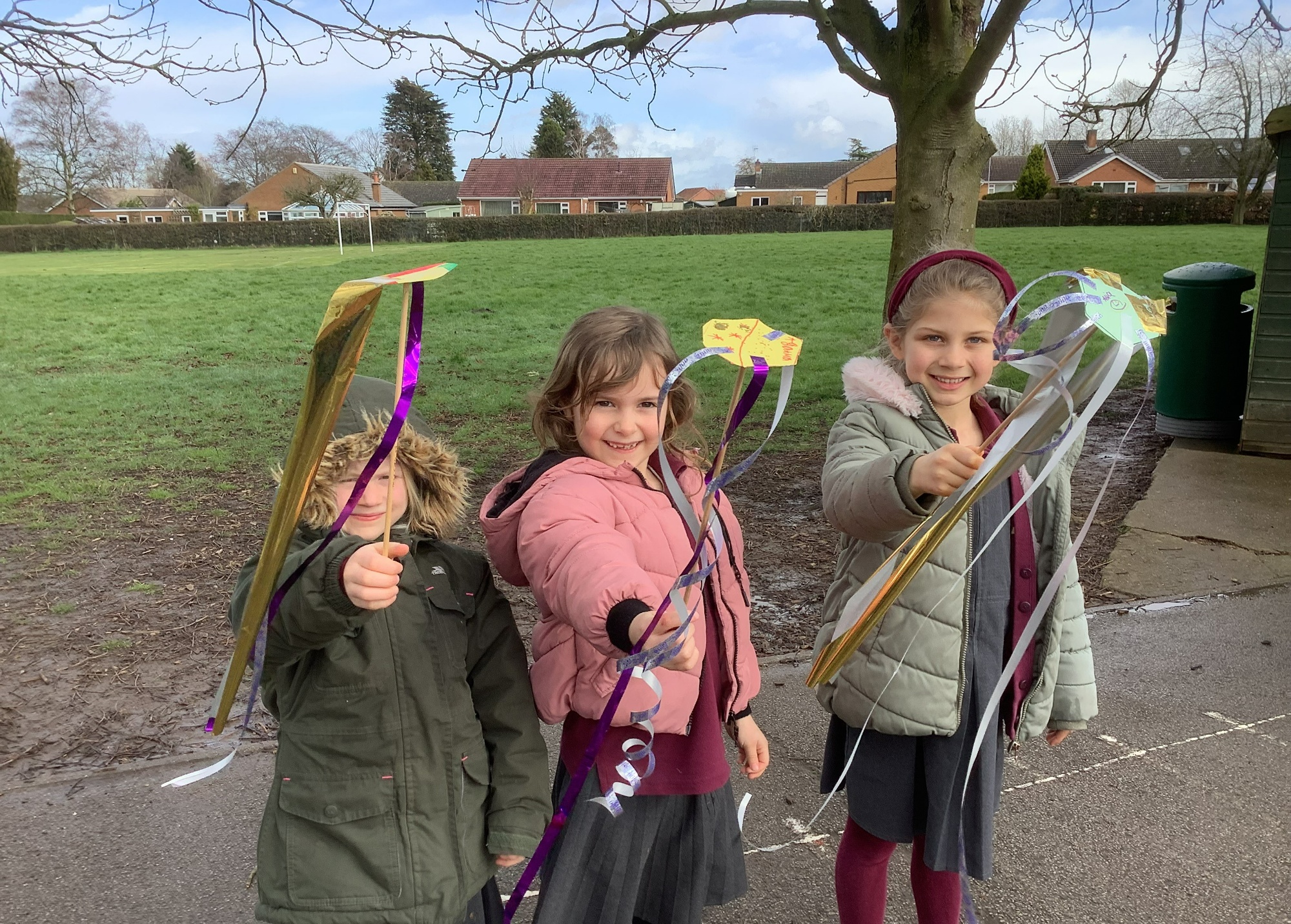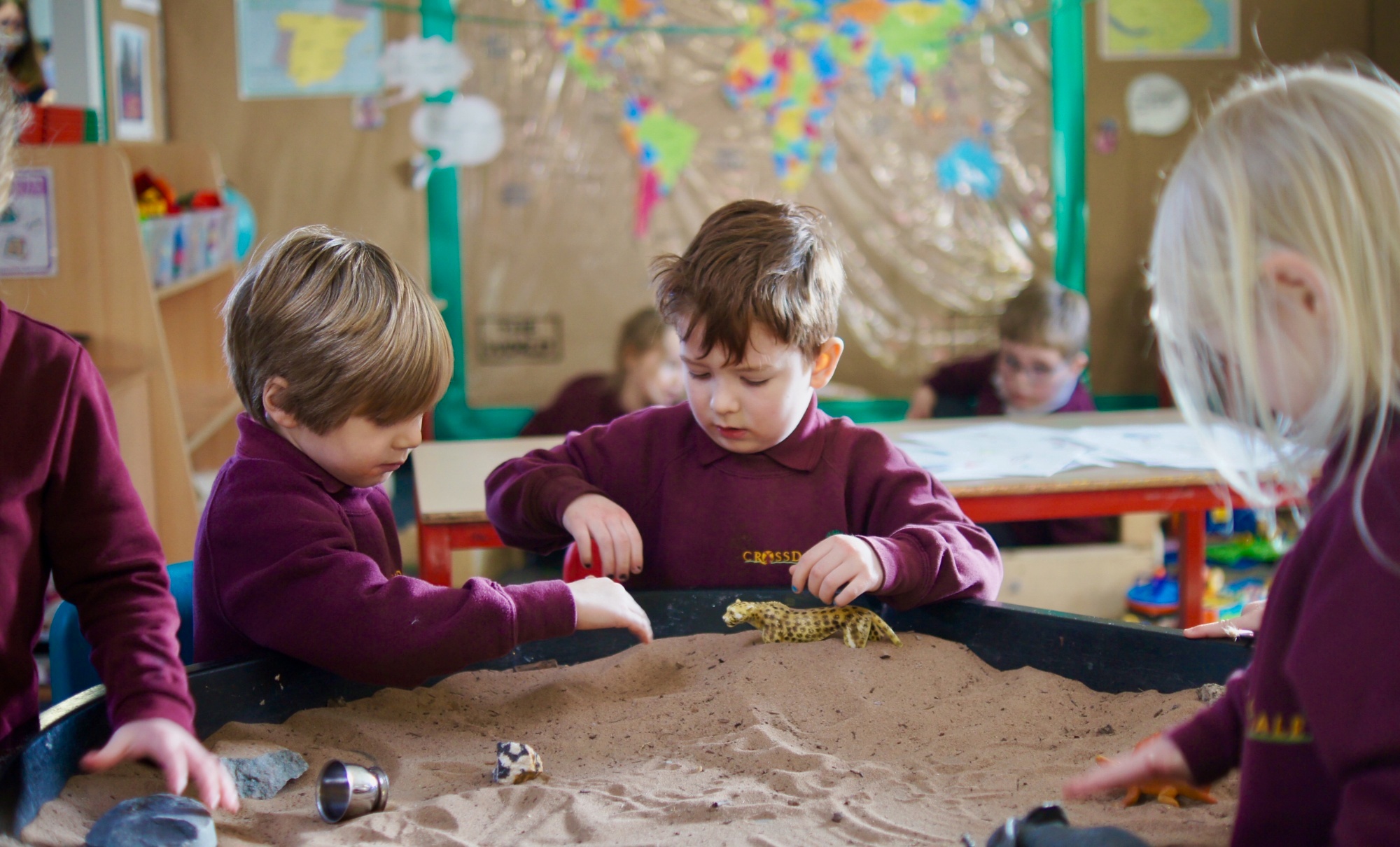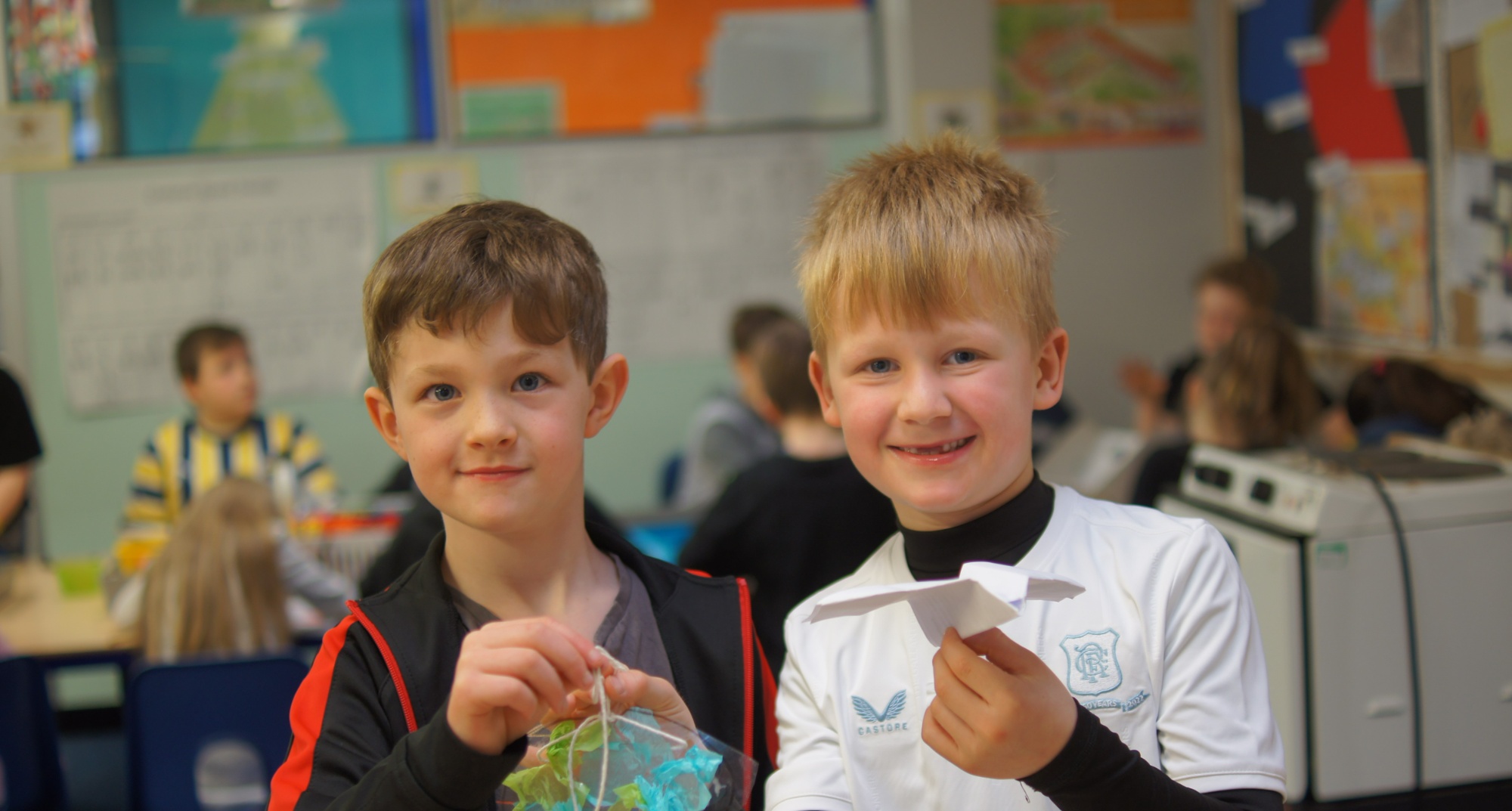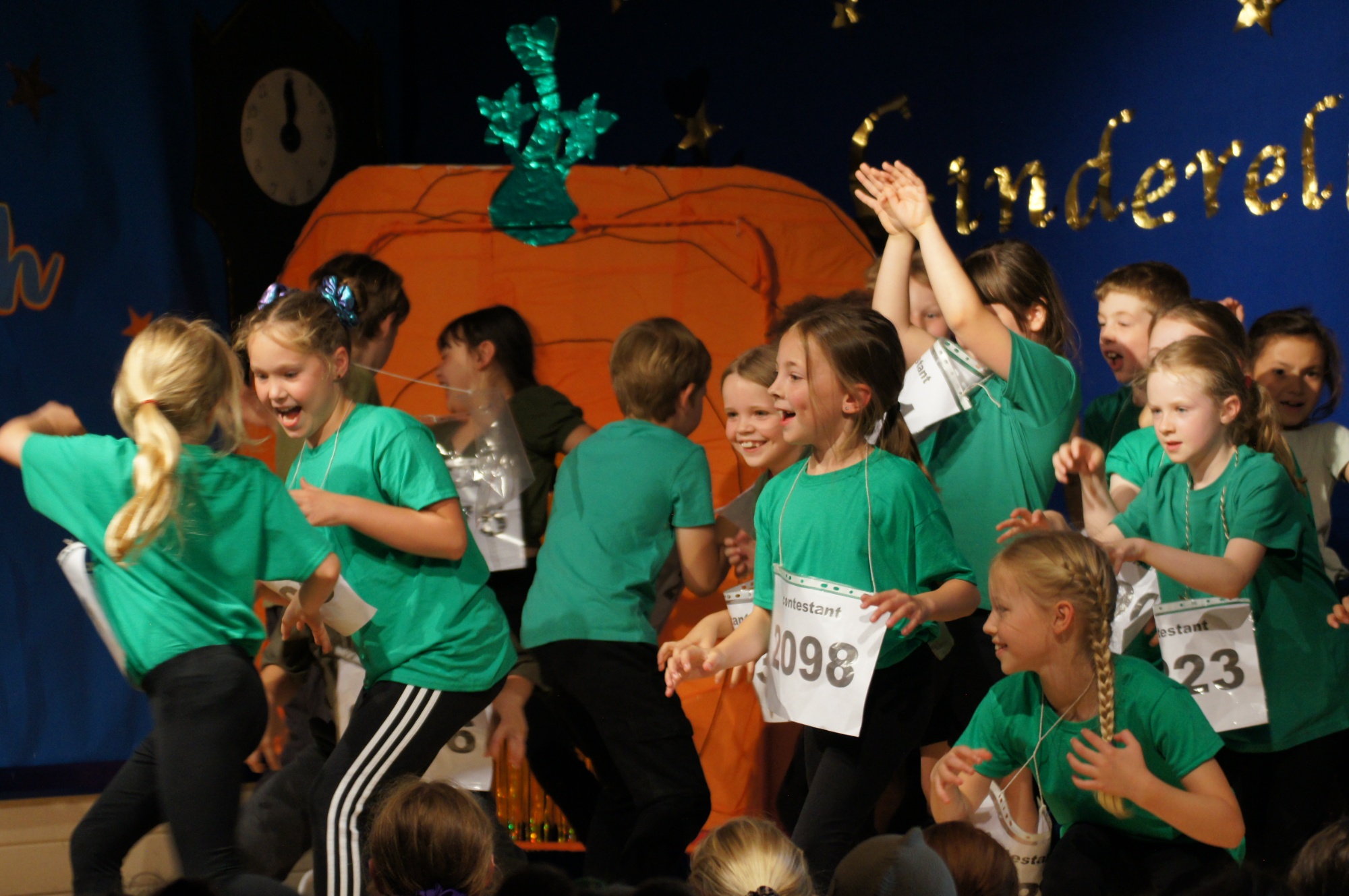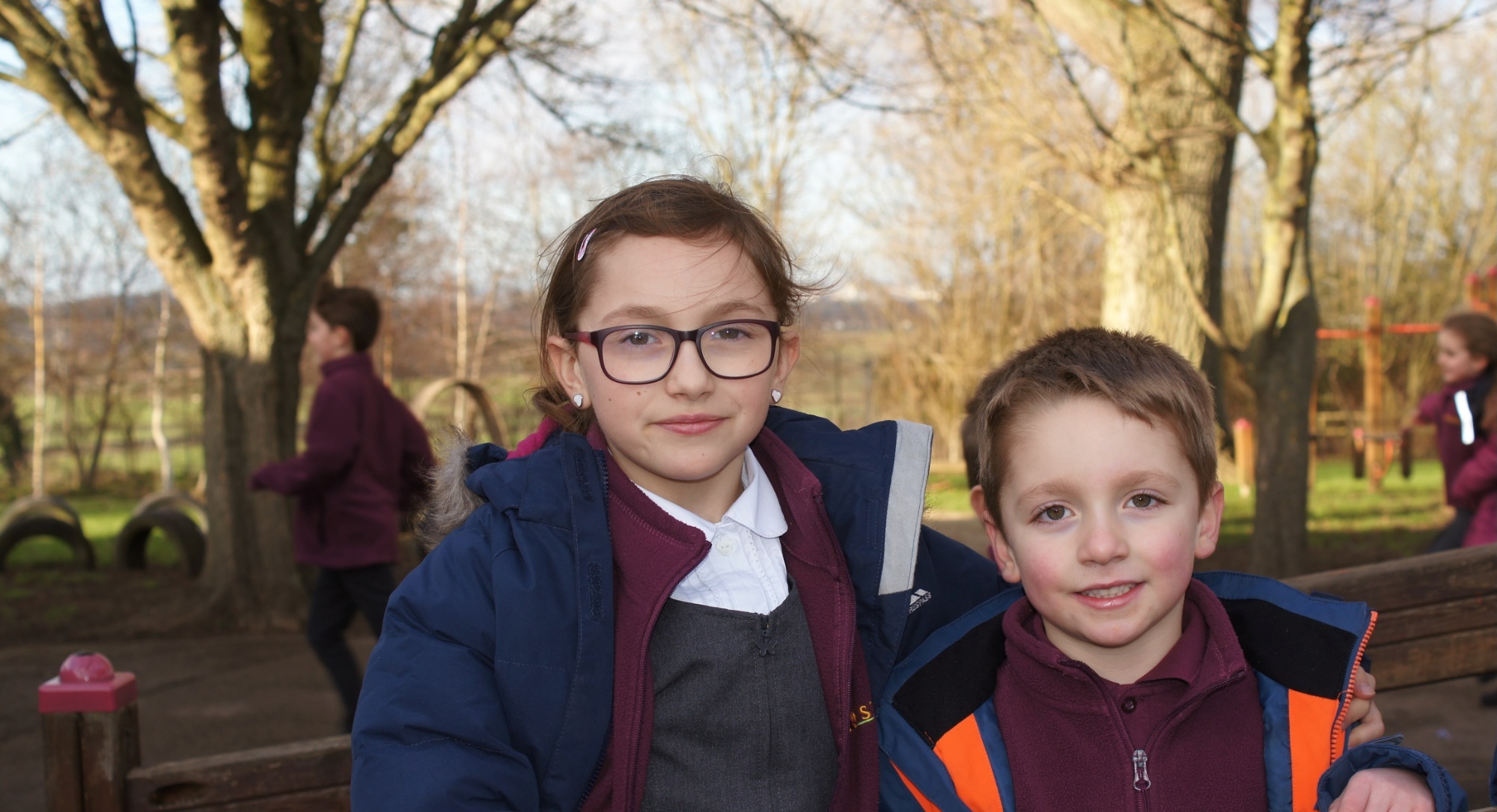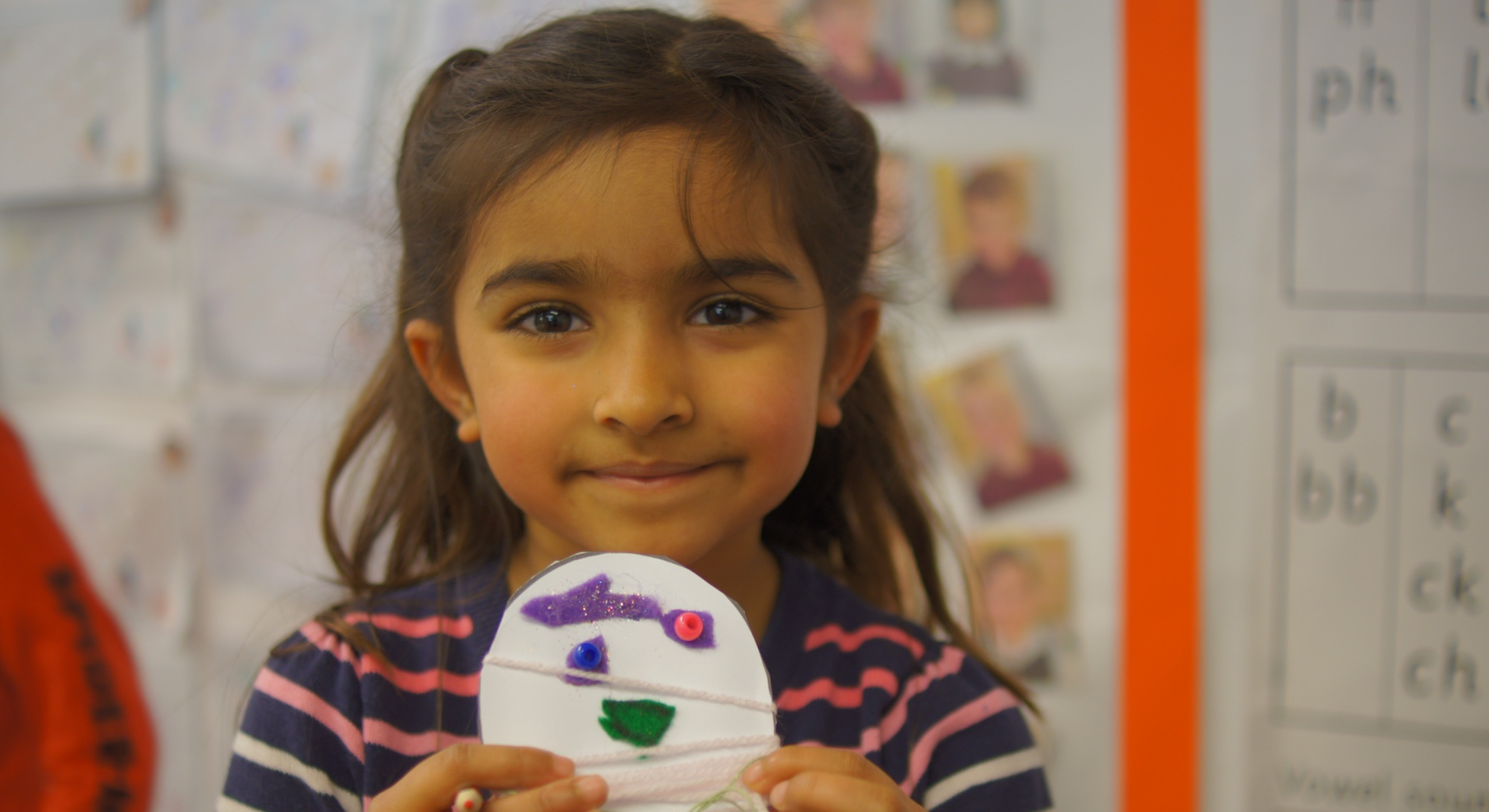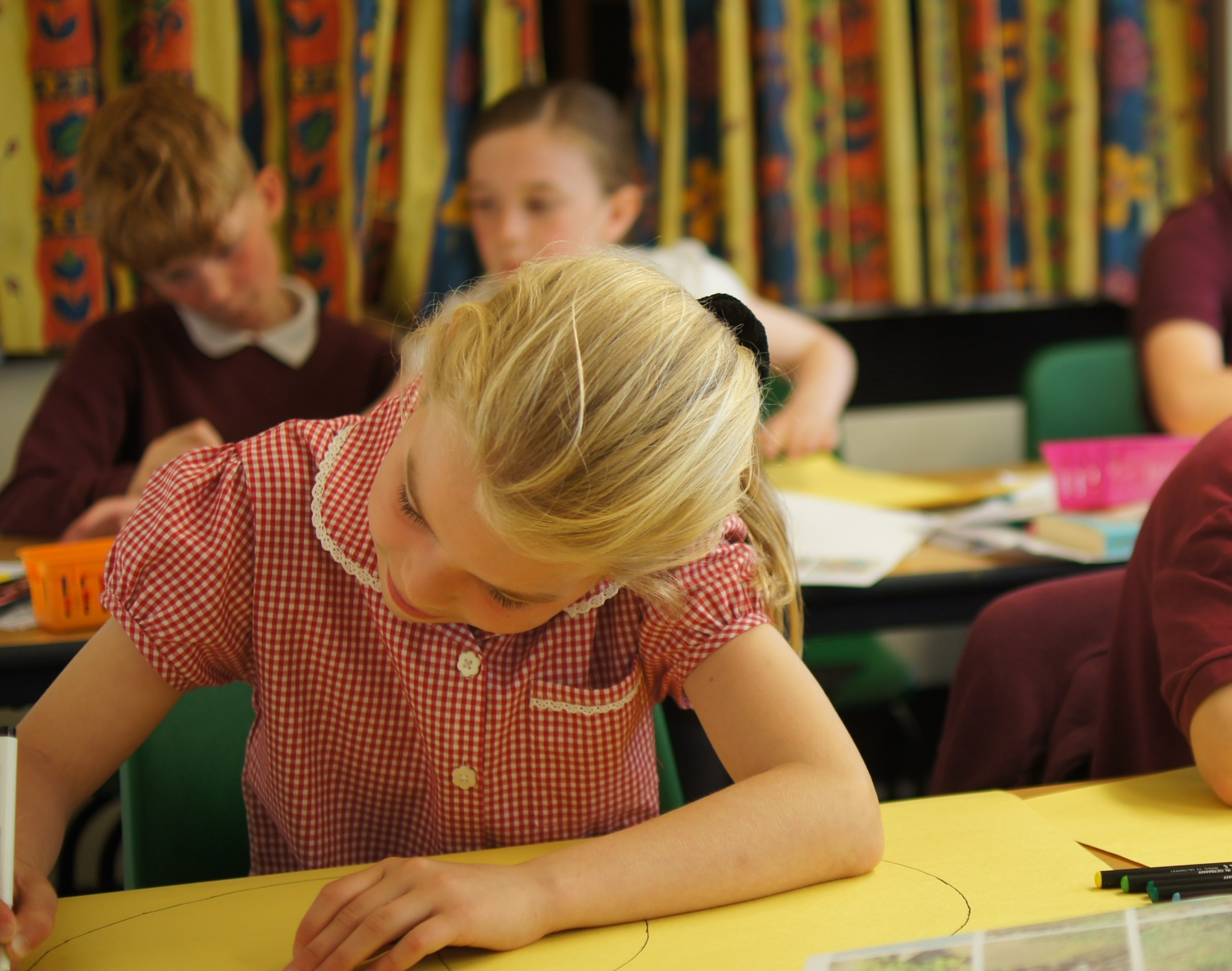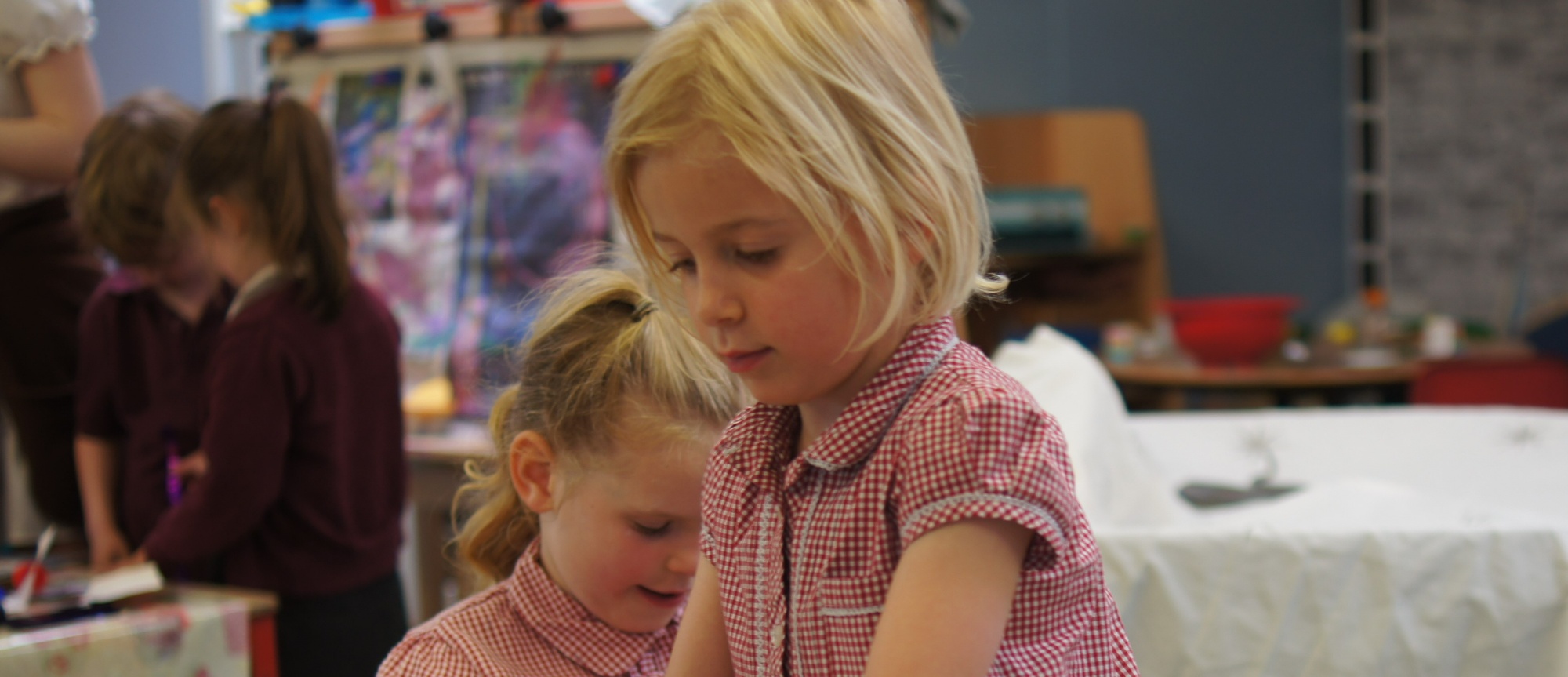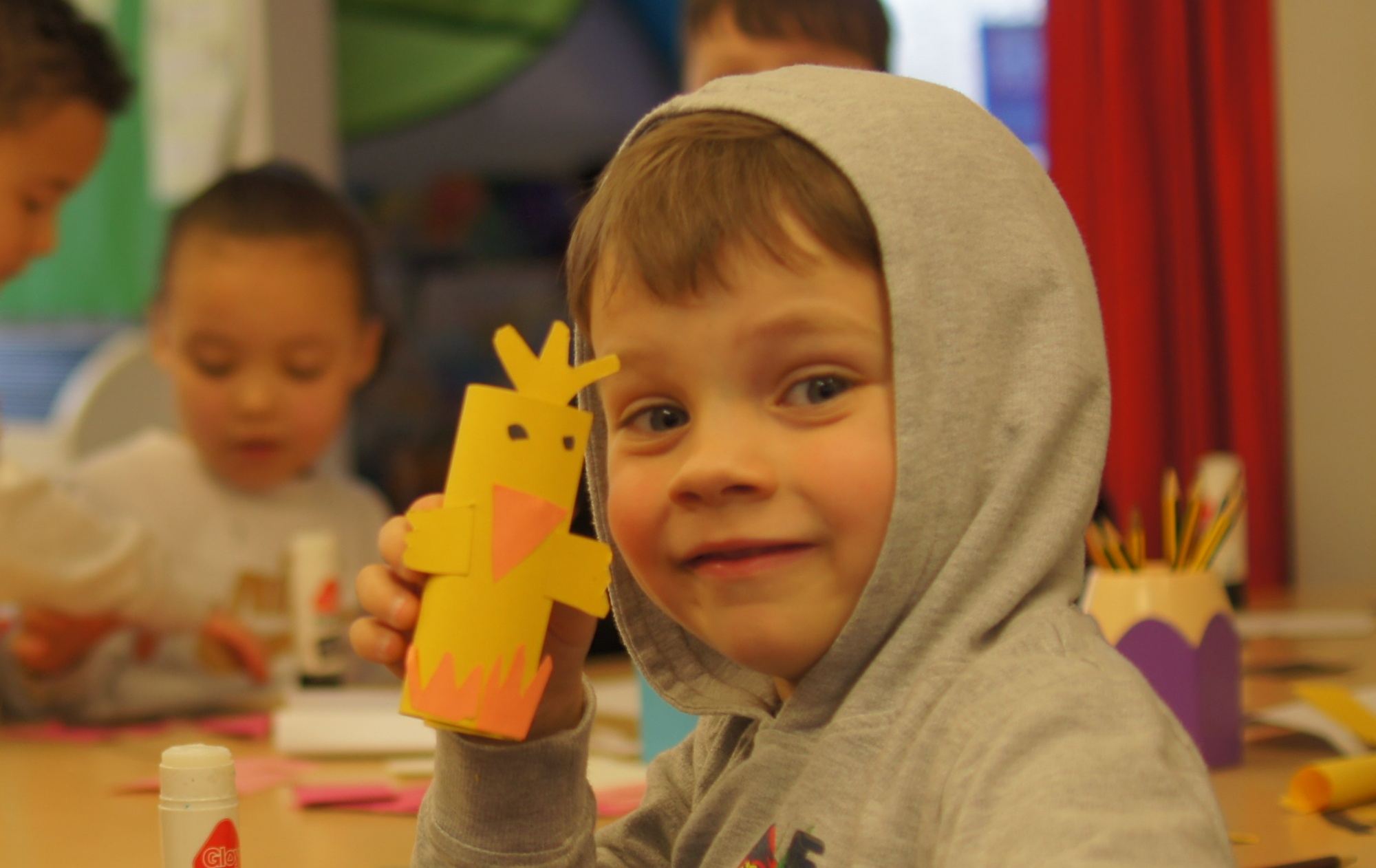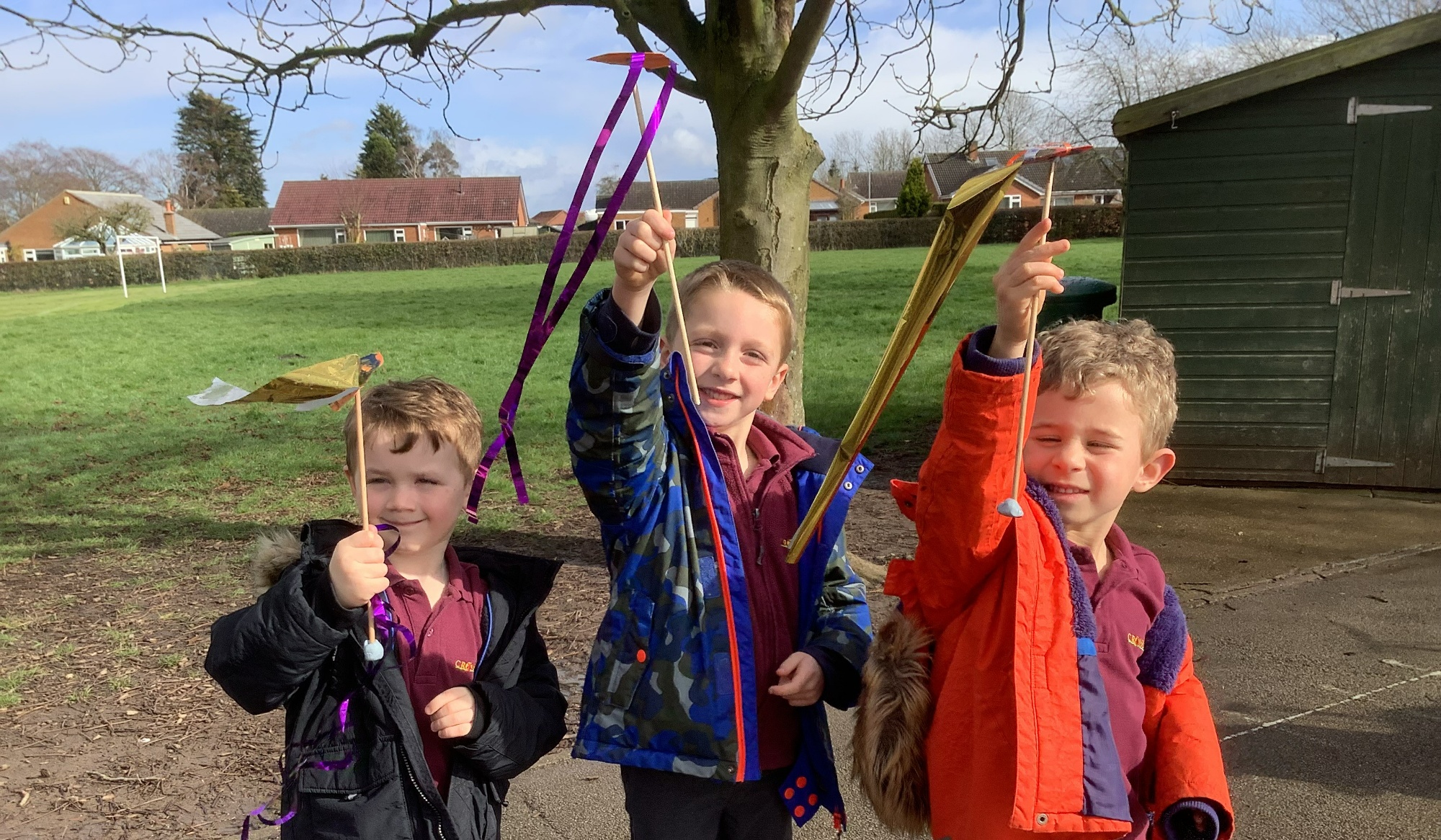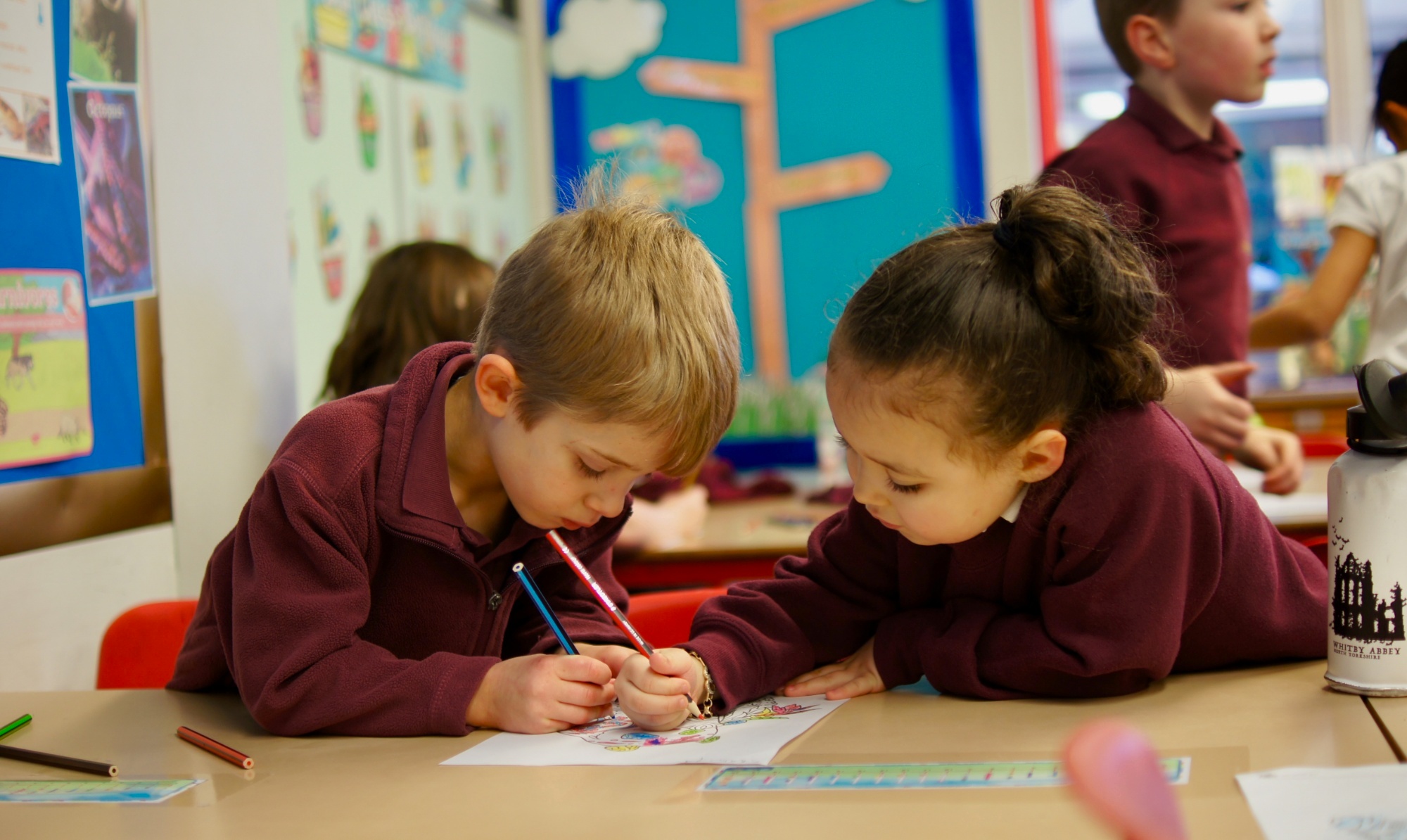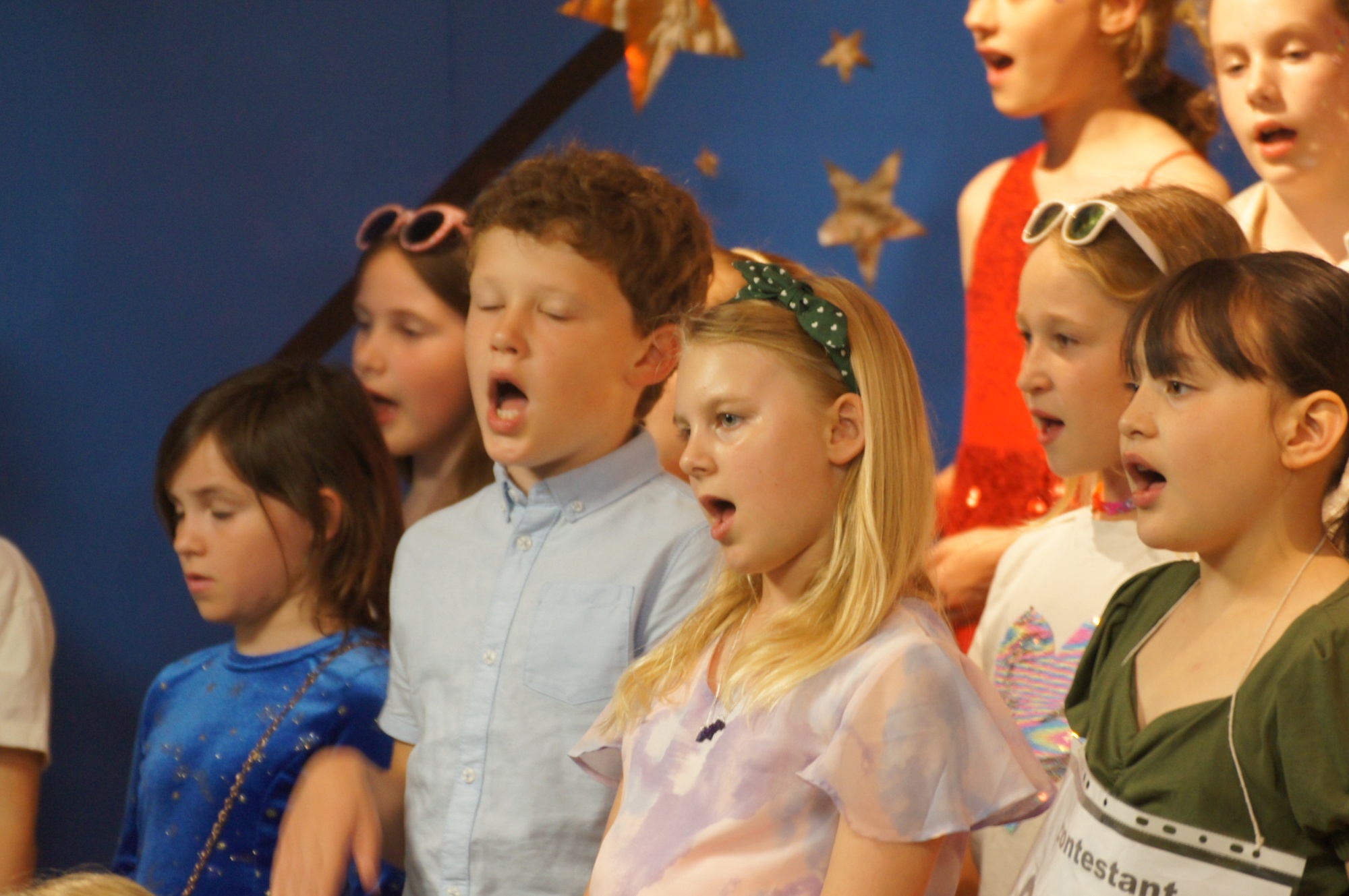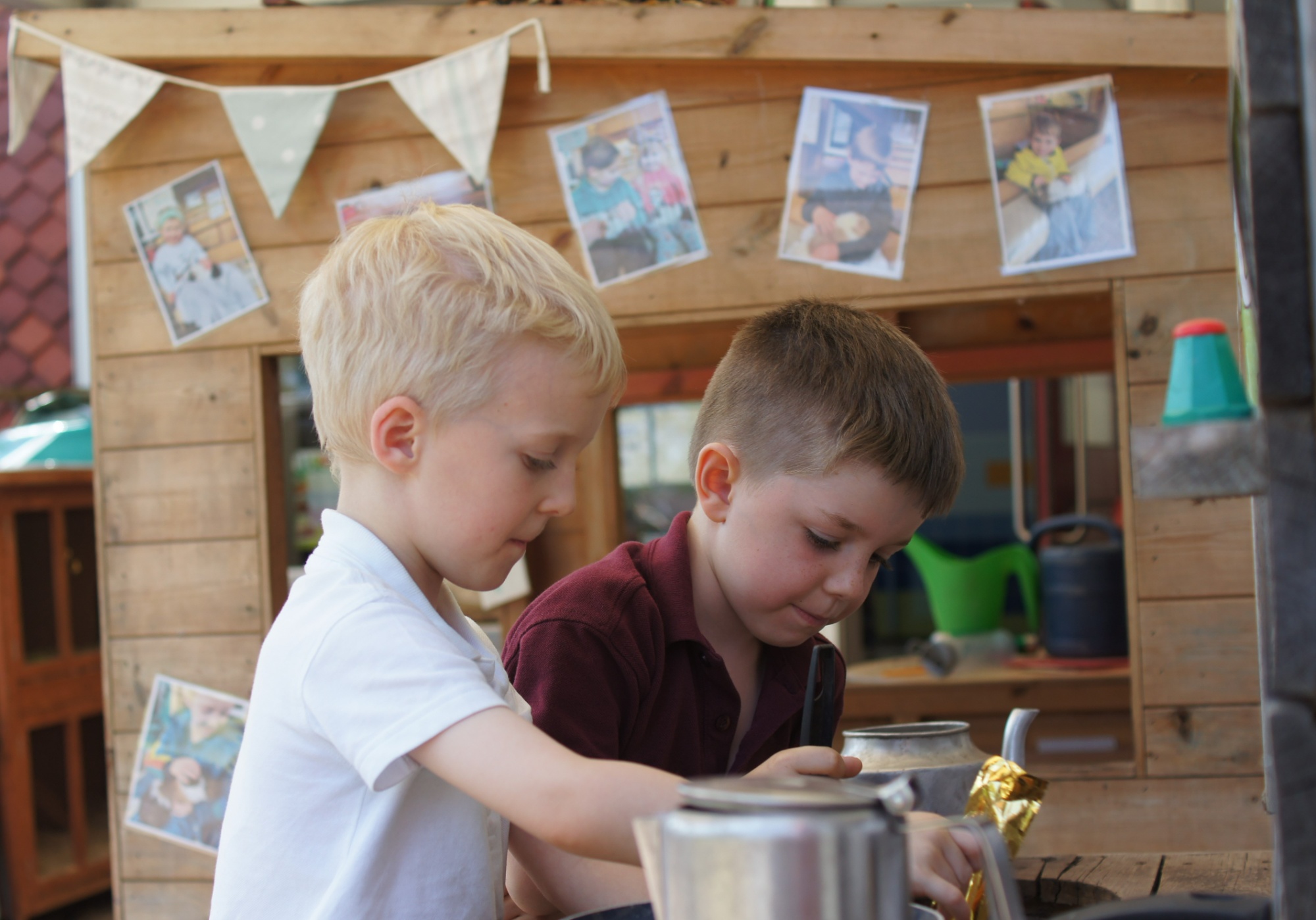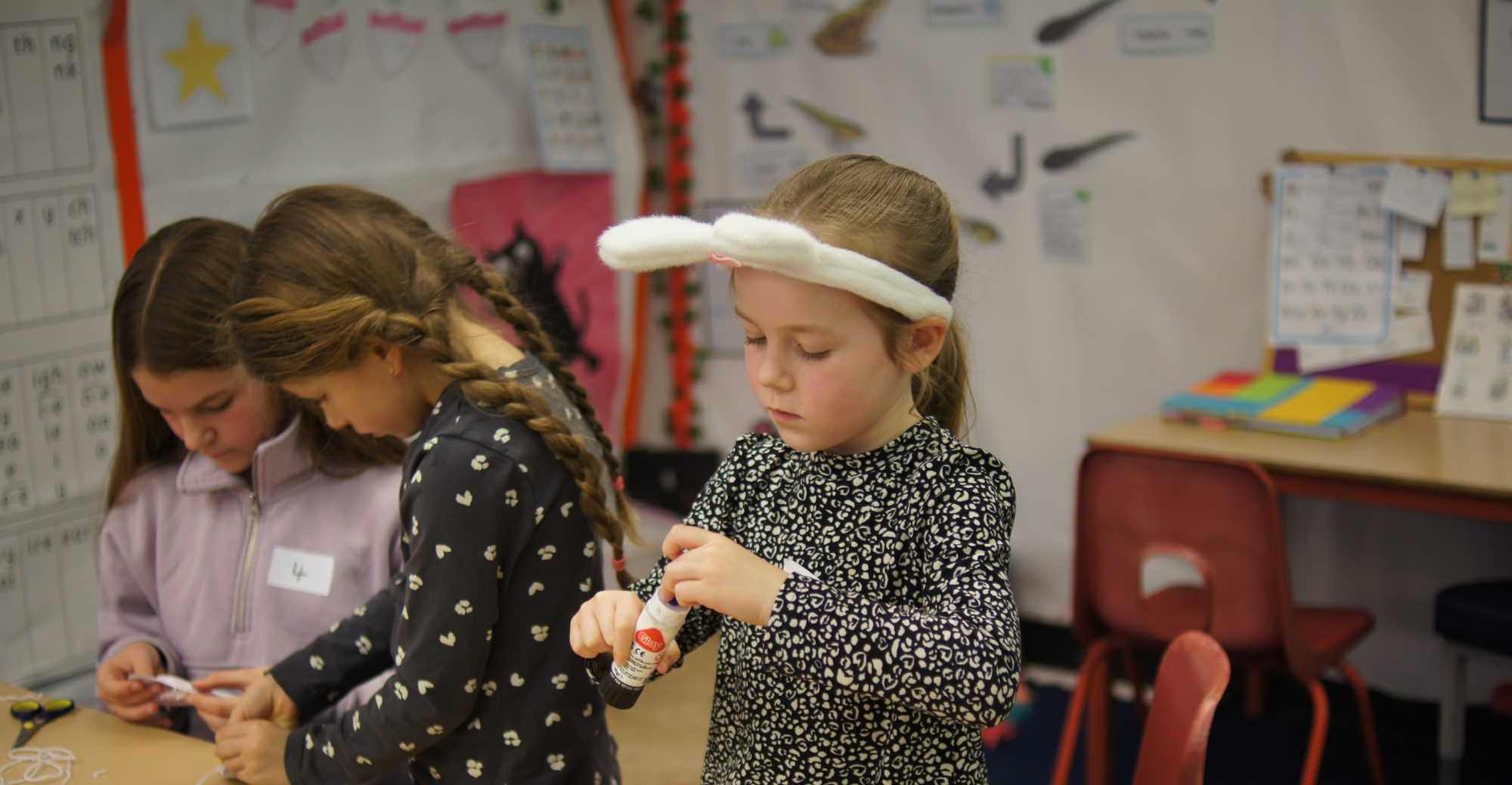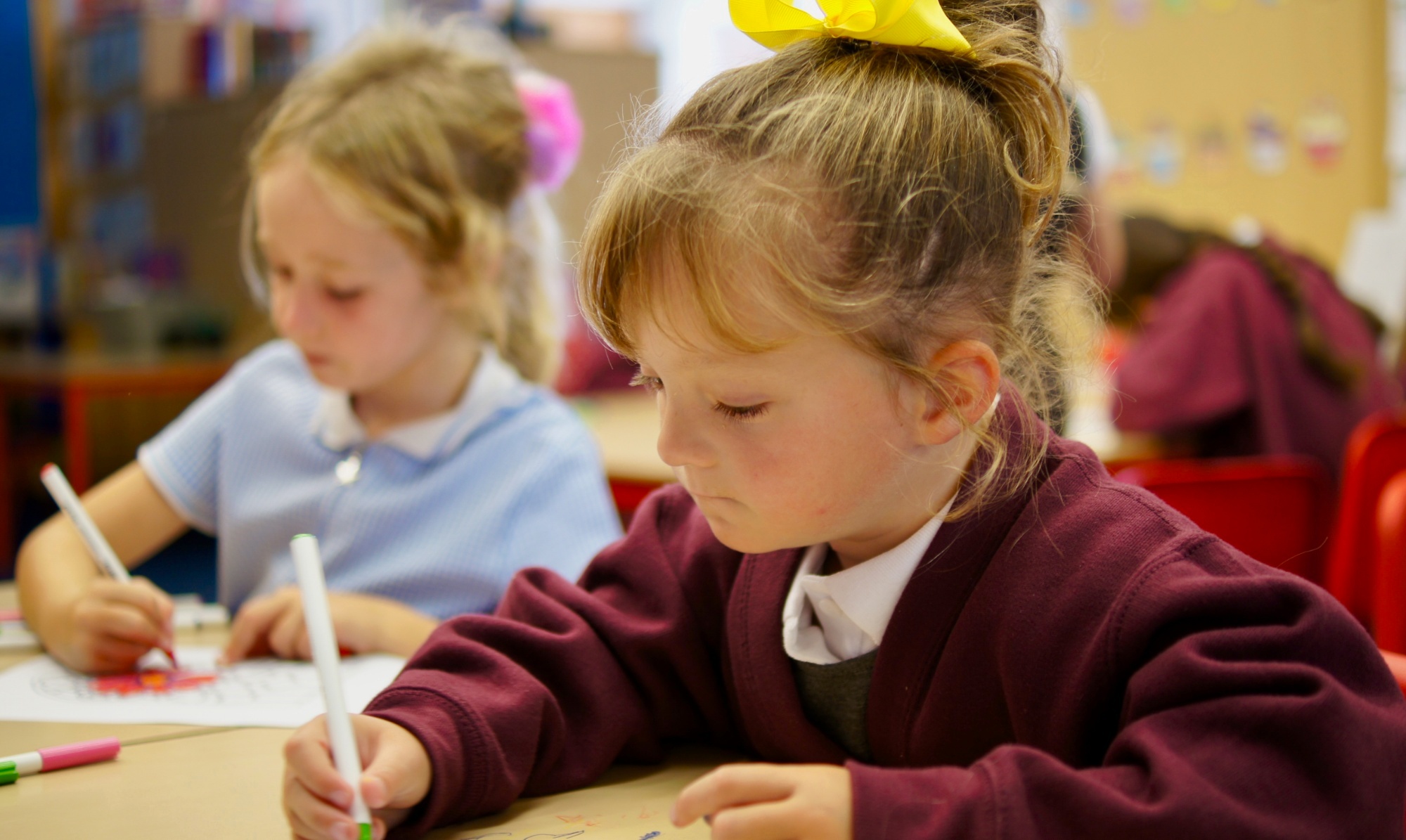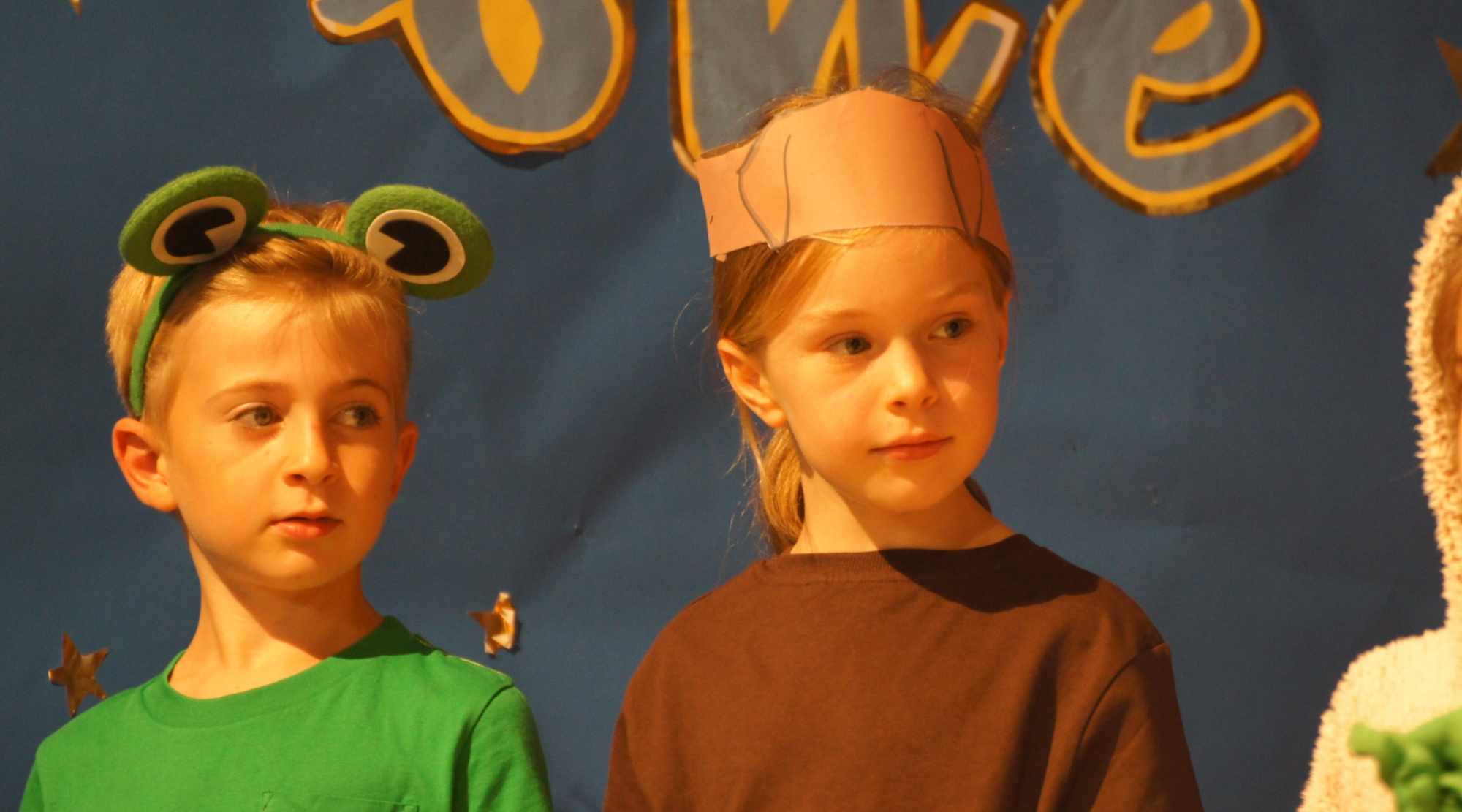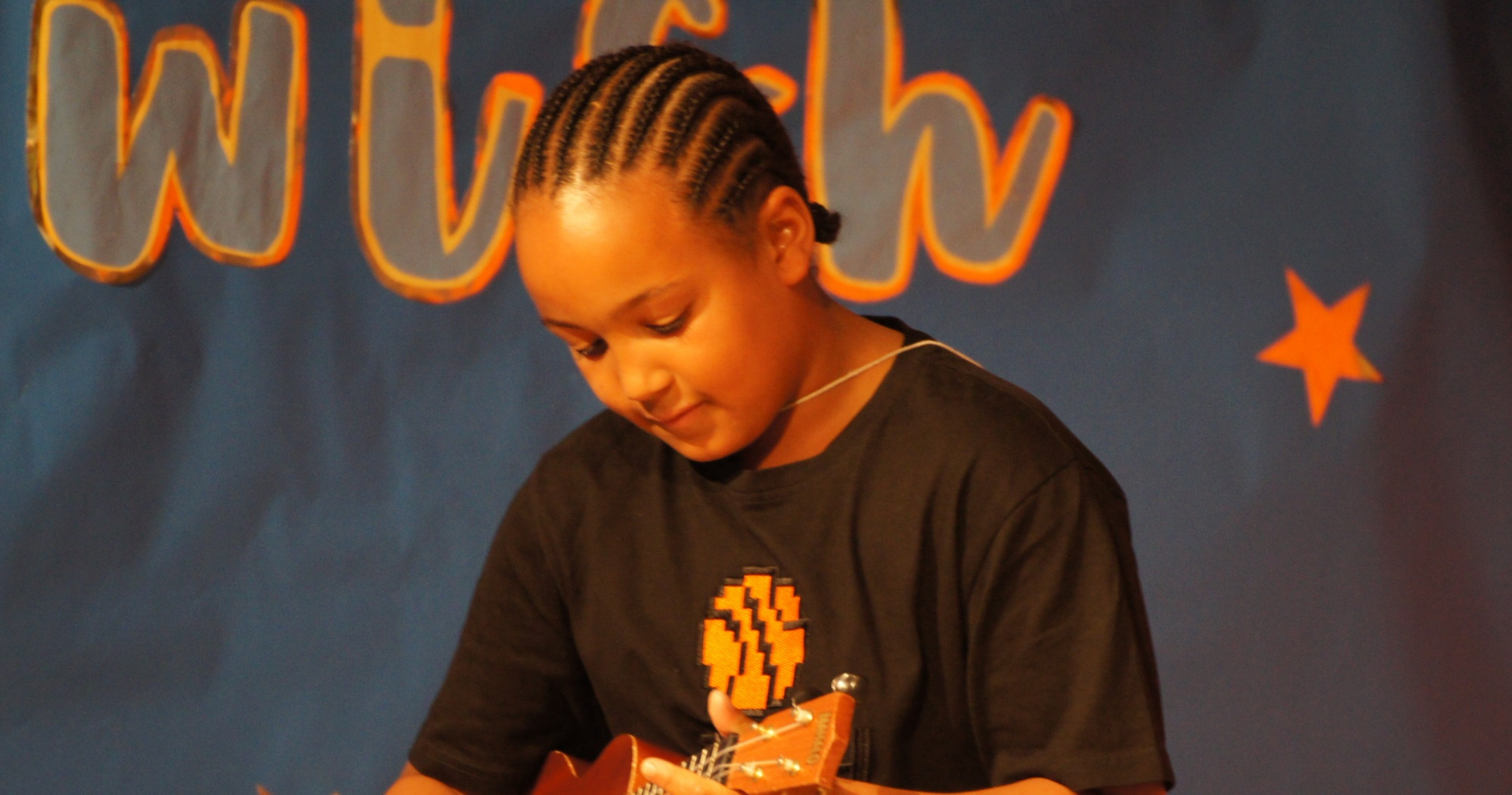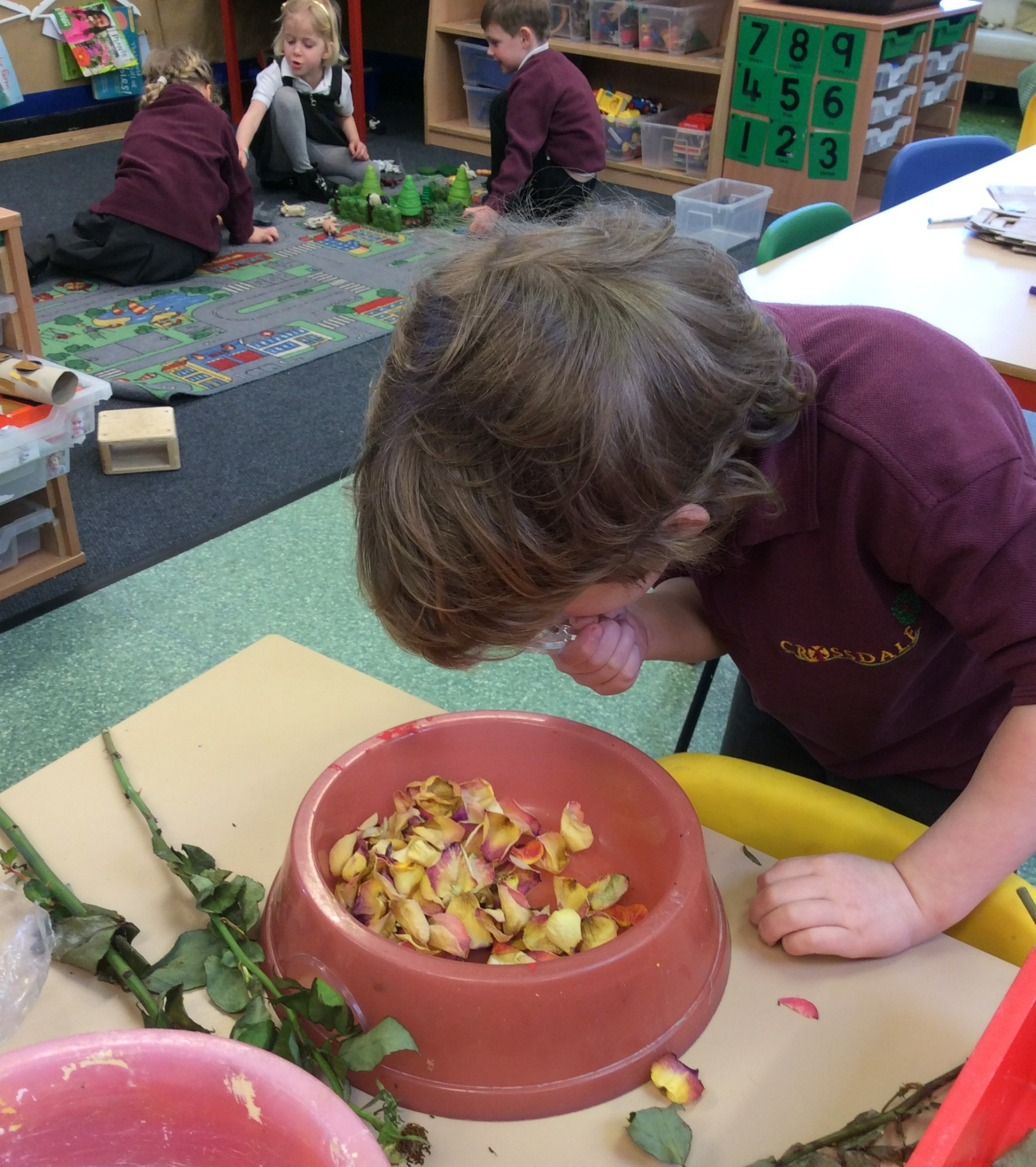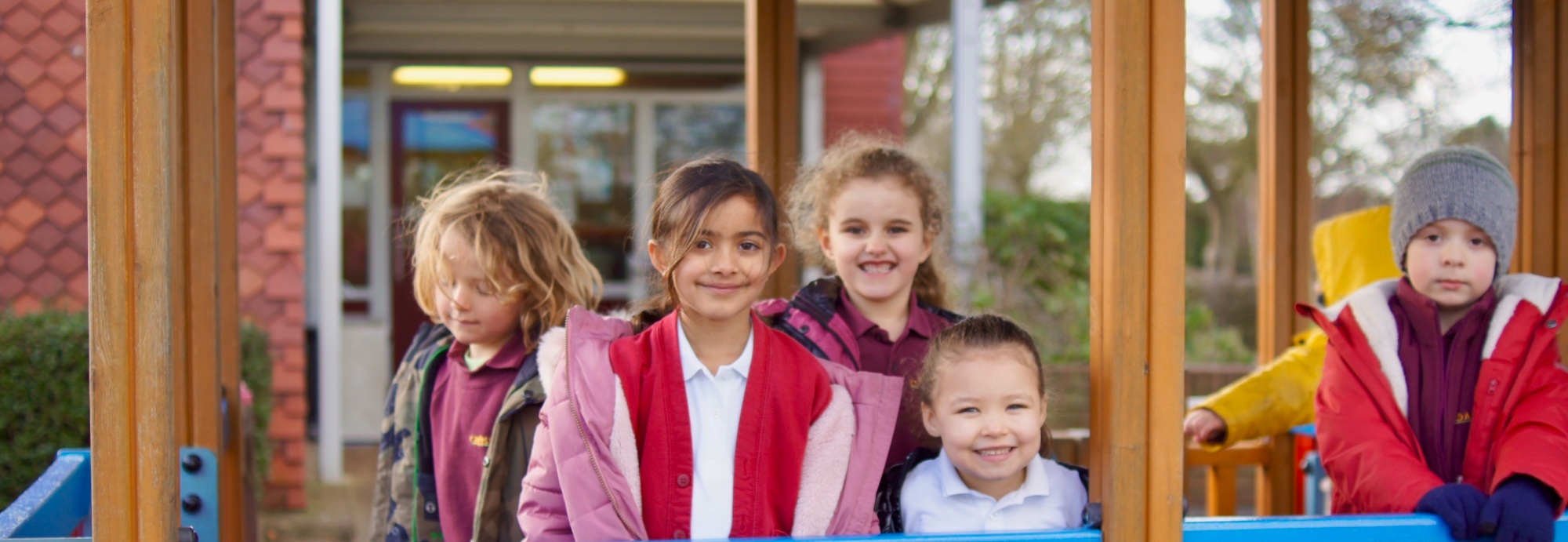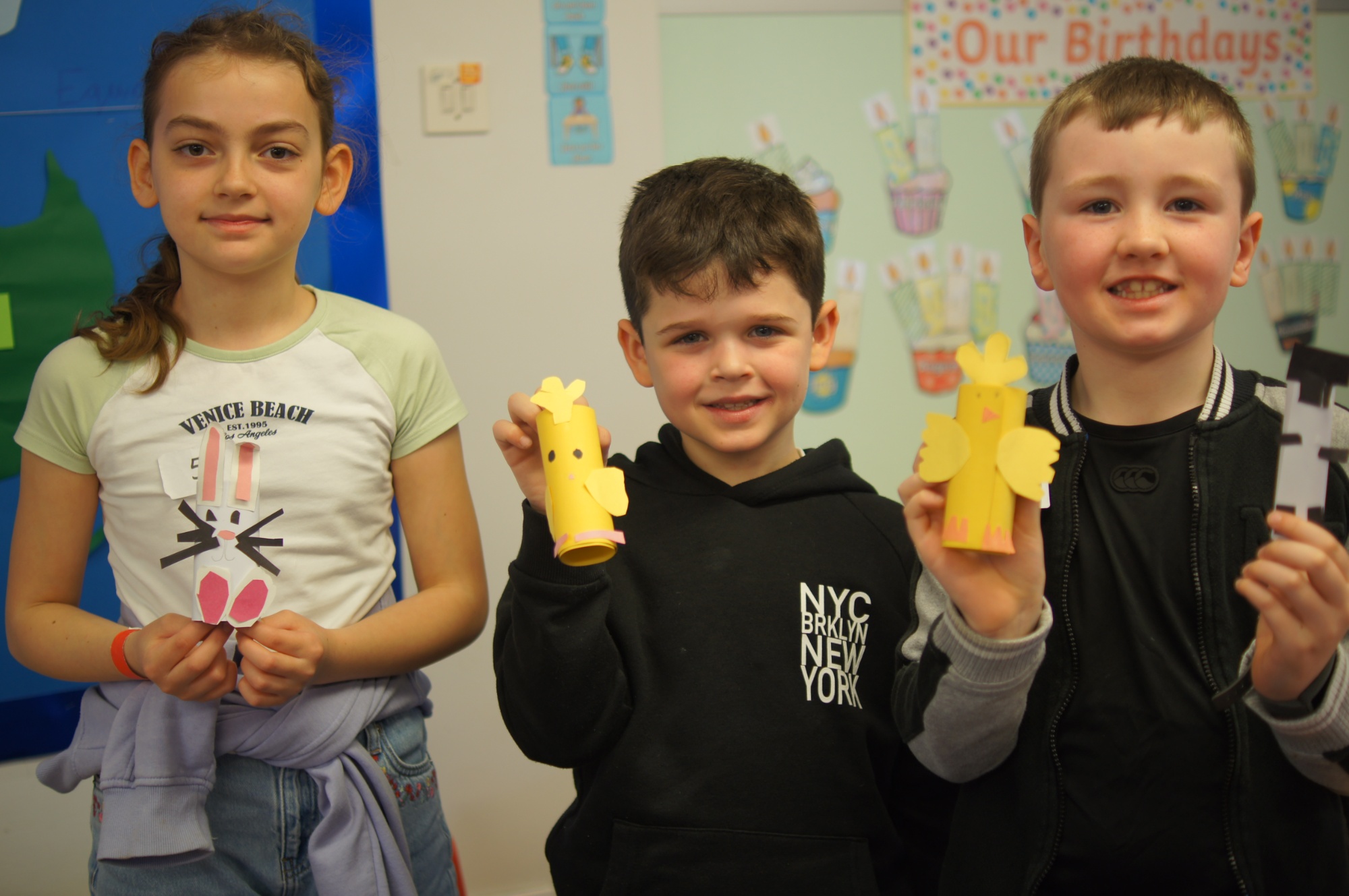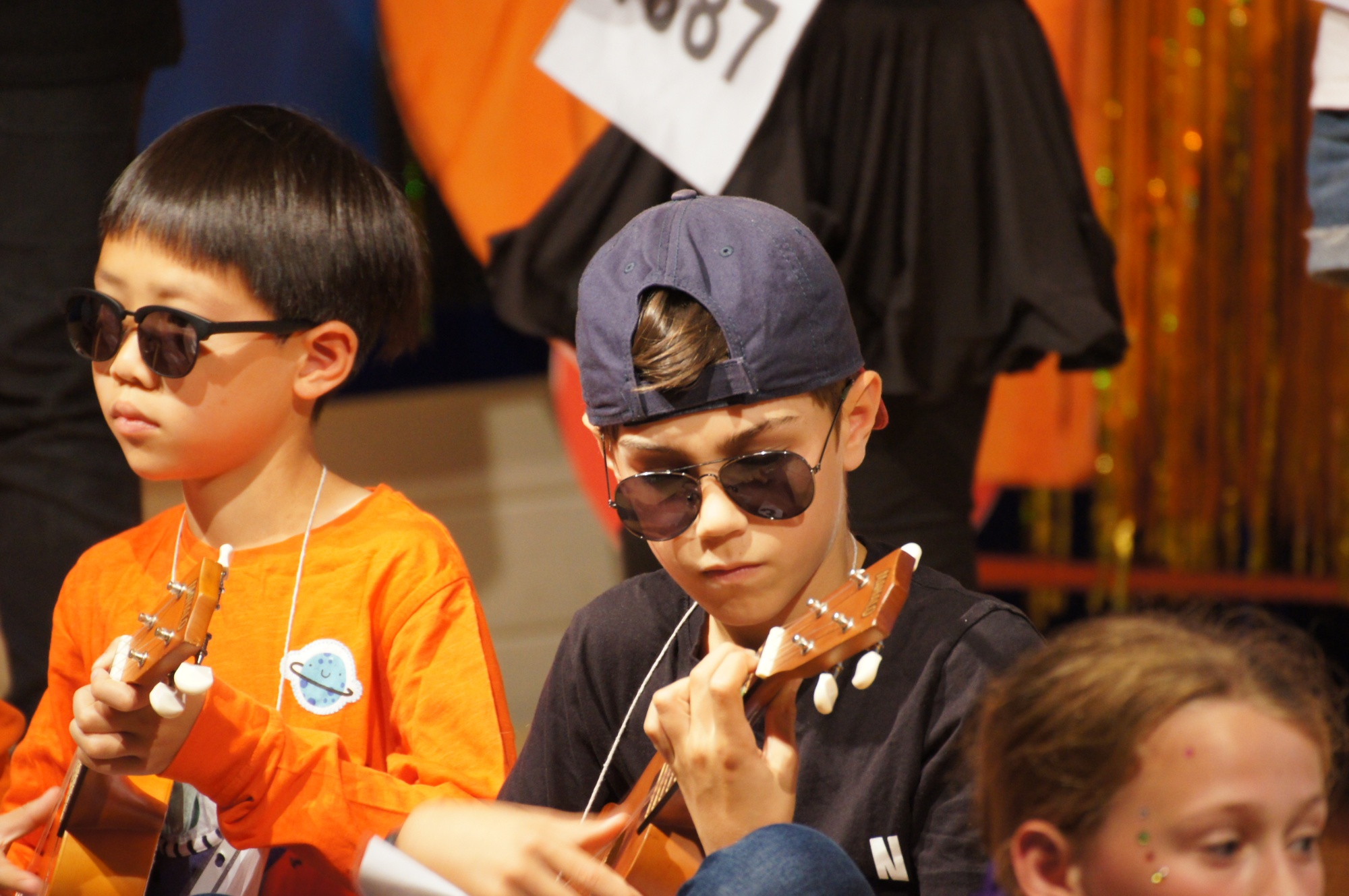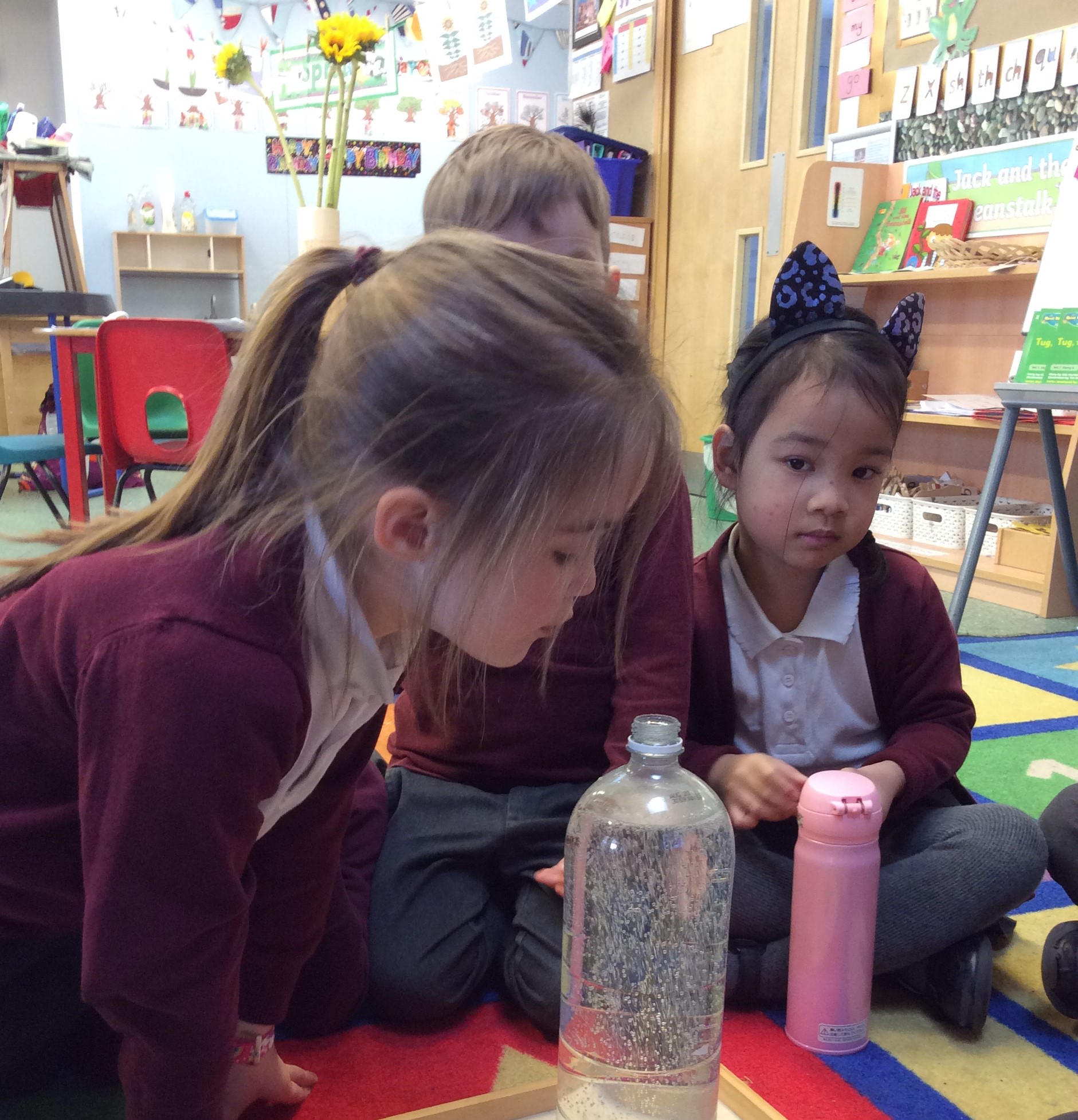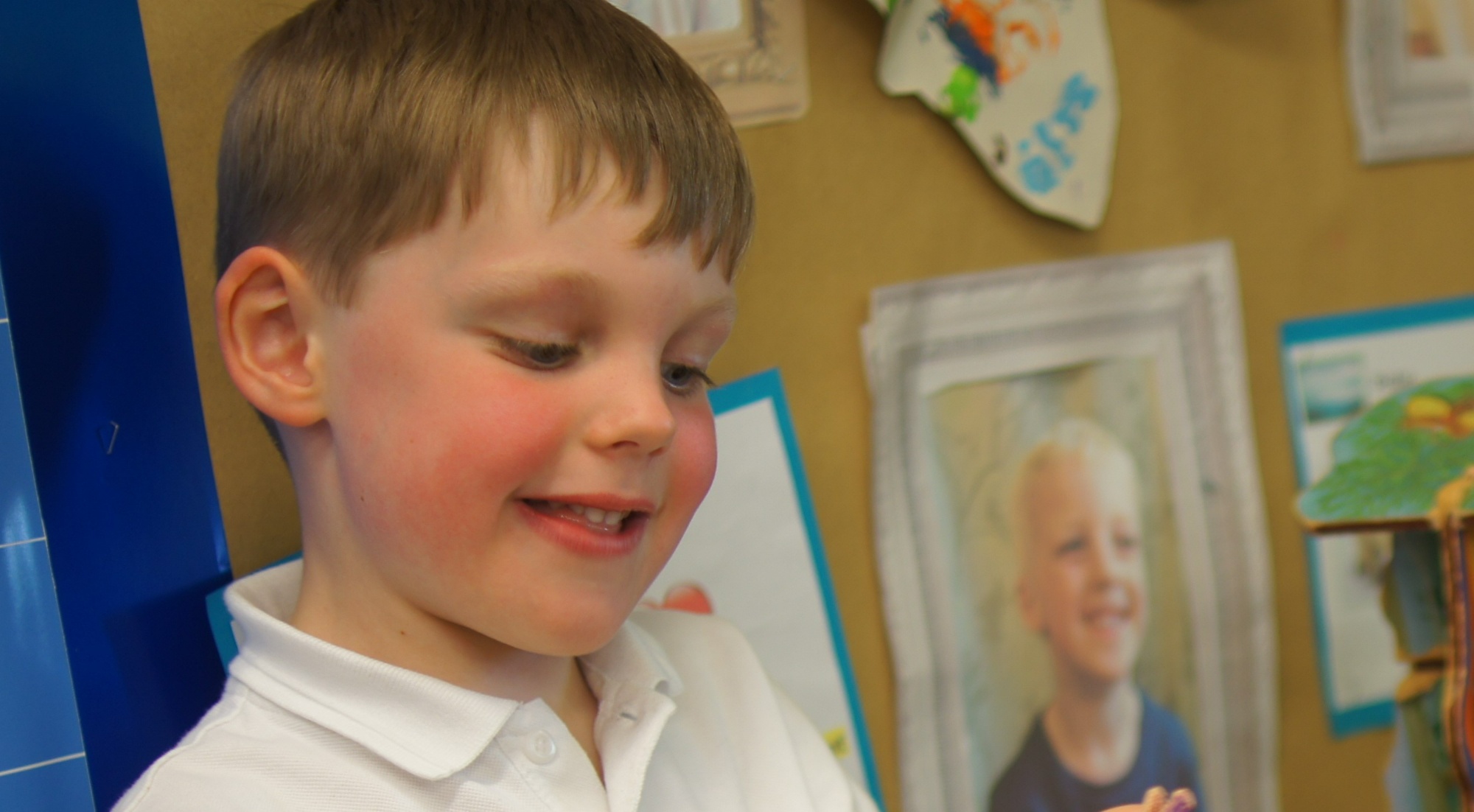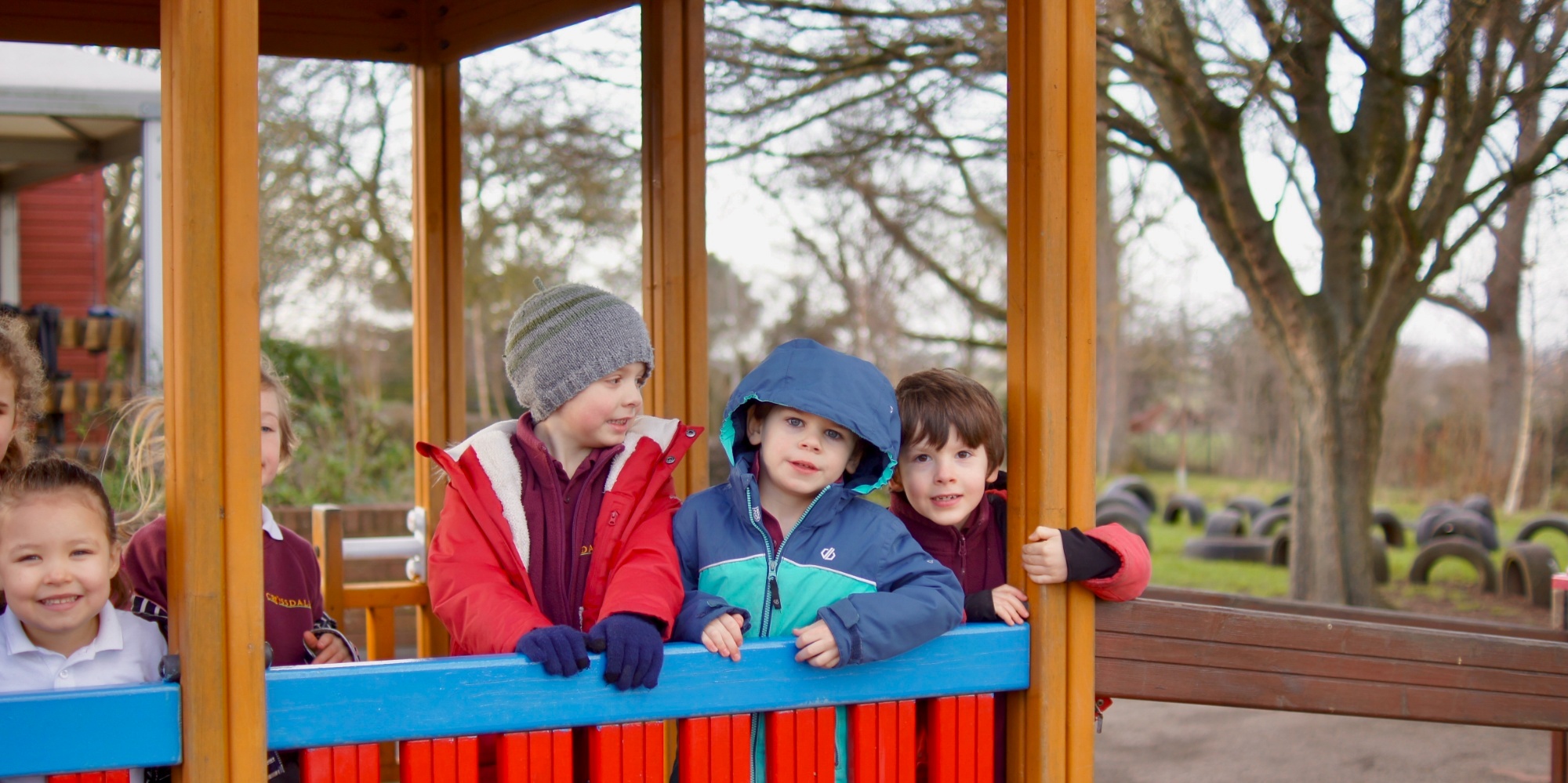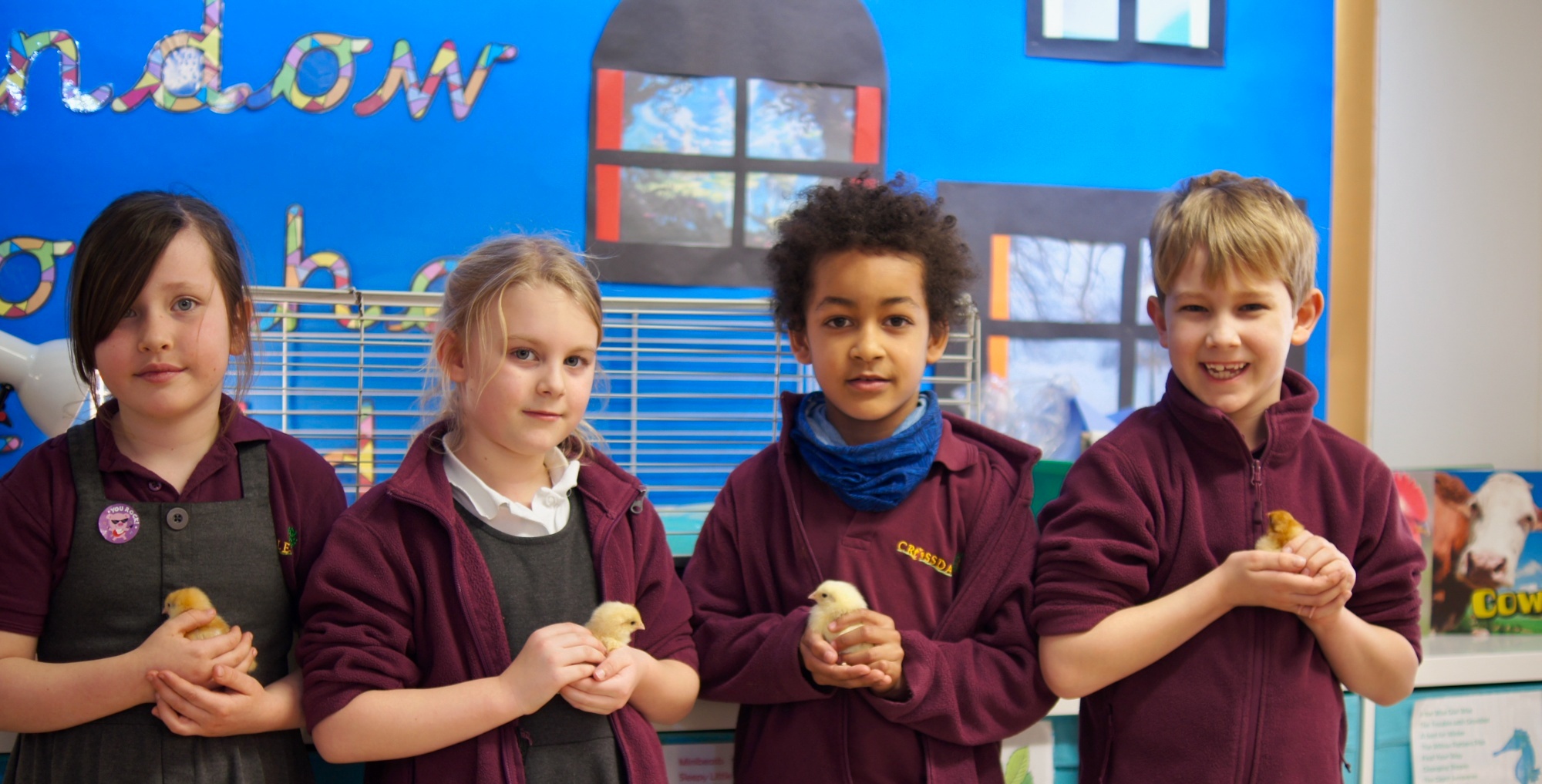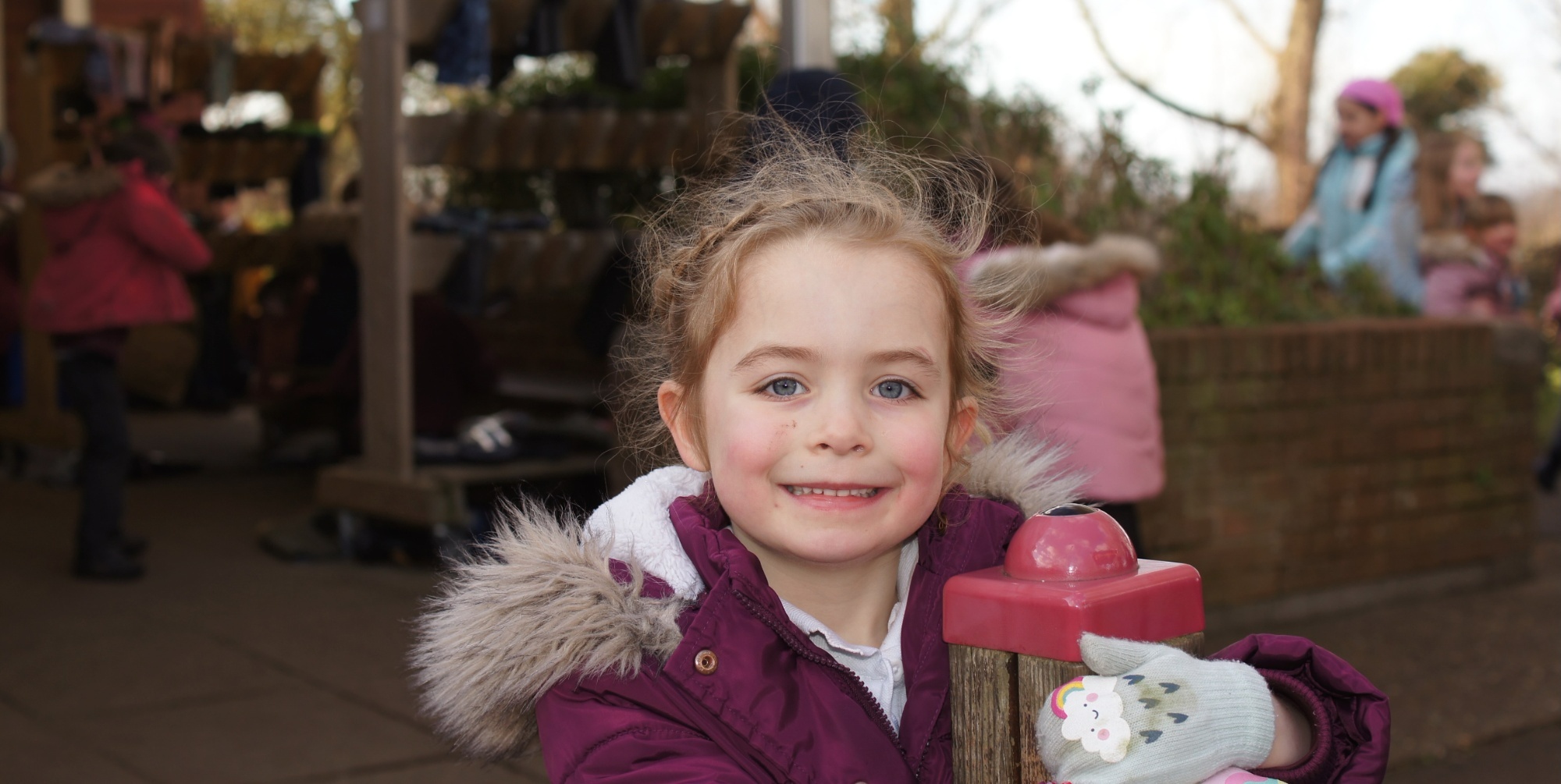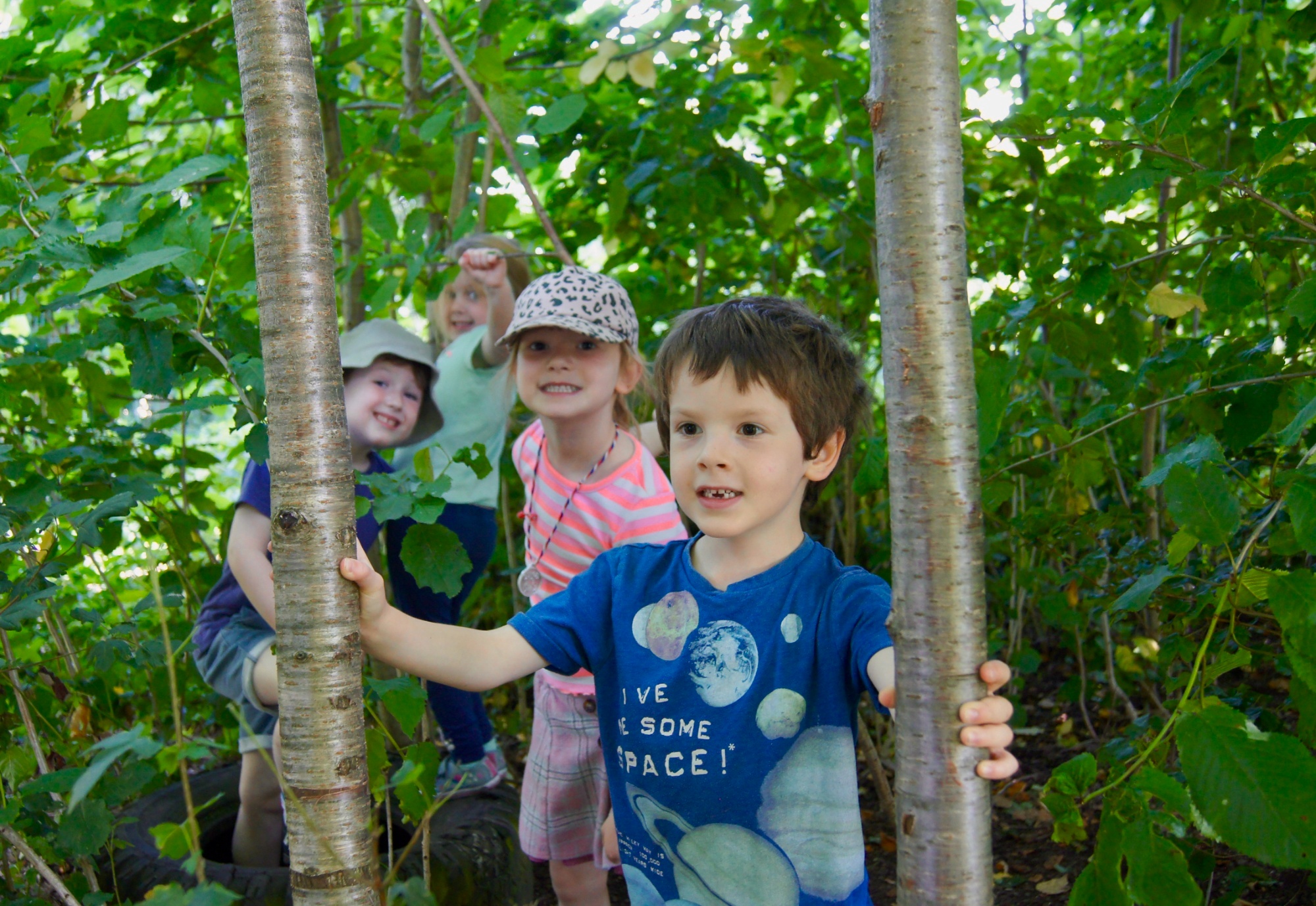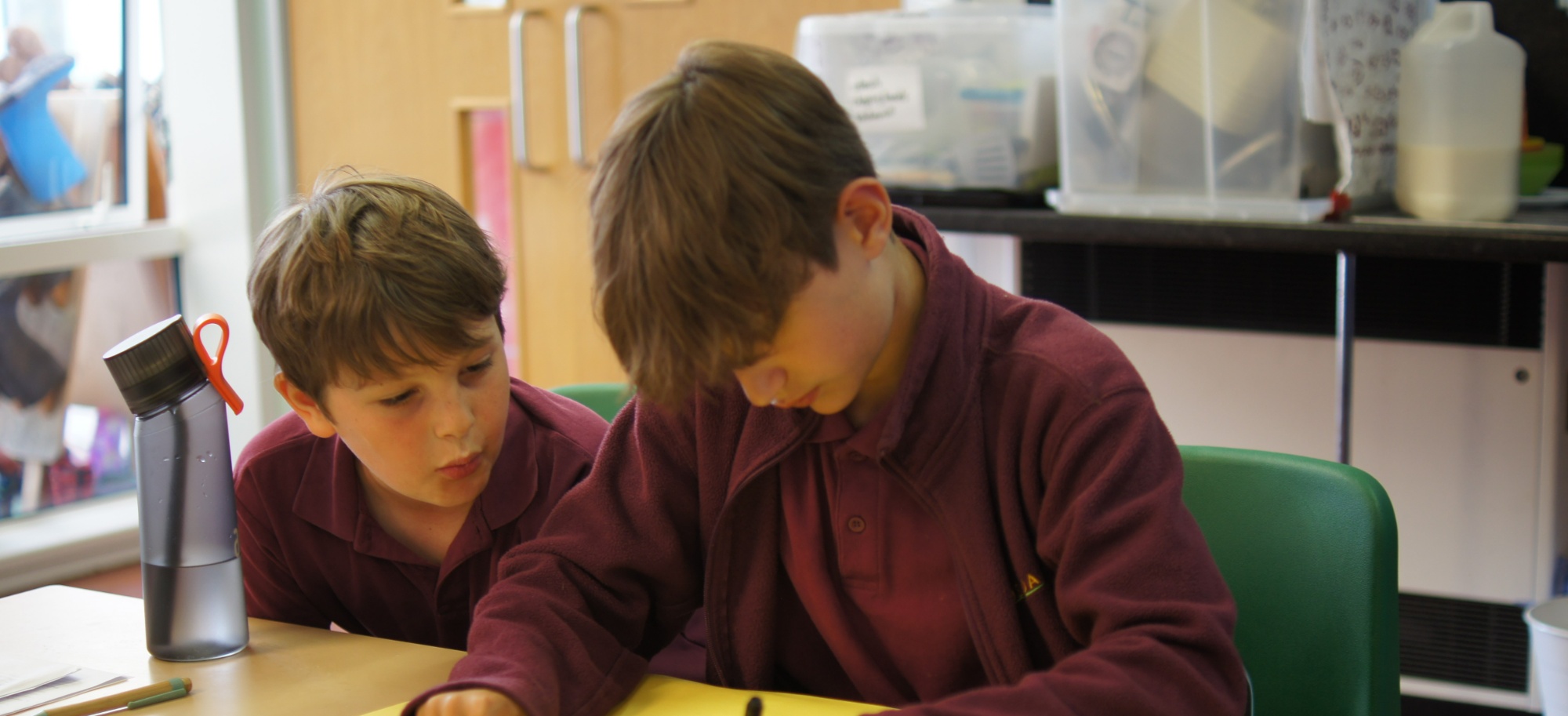History
At Crossdale, we believe that a high-quality history education will help pupils gain a coherent knowledge and understanding of Britain’s past and that of the wider world. We aim to inspire children to become time detectives, developing their curiosity to know more about the past and develop their understanding of chronology through an enquiry based approach. History teaching focusses on enabling children to think as historians in a fun, exciting and cross-curricular way building on their skills and knowledge as they progress through the school. Visits and artefacts will be used to bring the past alive and encourage children to investigate and develop their skills of enquiry.
At Crossdale we aim to:
• Foster in children an interest in the past, developing their historical vocabulary to enable them to discuss and interpret events from the past
• Enable children to know about significant events in British & World history and to appreciate how things have changed over time.
• Develop pupils’ understanding of chronology and skills of enquiry and investigation.
• Help children understand society and their place within it, so that they develop a sense of their own cultural heritage and an understanding of history in their locality; including in depth local studies in KS1 & Y5.
We will implement our vision by teaching through a ‘historical lens’ and asking questions like a historian; using our what, where, when grids to ensure coverage and progressions for vocabulary, knowledge and skills.
Chronological Understanding: When did this happen/people live? What changed? What came before/after? How long did it take? How would you describe this period? What do we know about this time? What does BC/AD and BCE/CE mean? What were the sequence of key events during this period?
Cause and Consequence: What happened and why? What was the result of the event? Who was affected? What was the impact of the event on others? What was it important? How do key events link? What influenced these events?
Continuity and Change: What has stayed the same and what is different? Tell me how something is different… What other periods of history is that the same as? Is it still like that today and why? Which changes were the most significant? Did it change like this everywhere and for everyone?
Similarities and Differences: What is the same and what is different? Who would this have been different for? Was this the same for everyone? Which groups was this different for? Why do people believe there was this difference? Can you give an example to support your thinking?
Historical Significance: What happened? Why was it important? Who was an important person and why were they important? What did the person do that was important? What changed as a result of the important event? How did life change forever following this?
Communicate historically: Using historical language and vocabulary, explain and discuss what you have found out about. How do we evaluate the evidence?
History is taught through specific subject lessons which build and revisit knowledge as the children progress through school.
Curriculum Documentation
See the 'Crossdale History Curriculum' below for:
- Page 4: History Elements Document - Subject Lens and Second Order concepts
- Page 5-6: Whole school unit overview and Big Ideas
- Page 7-23: Subject elements' progression for all year groups (including progression maps for second order concepts)
- Pages 24-25: National Curriculum coverage
- Pages 26-27: Substantive concepts map
| Example Unit Plan | |||

